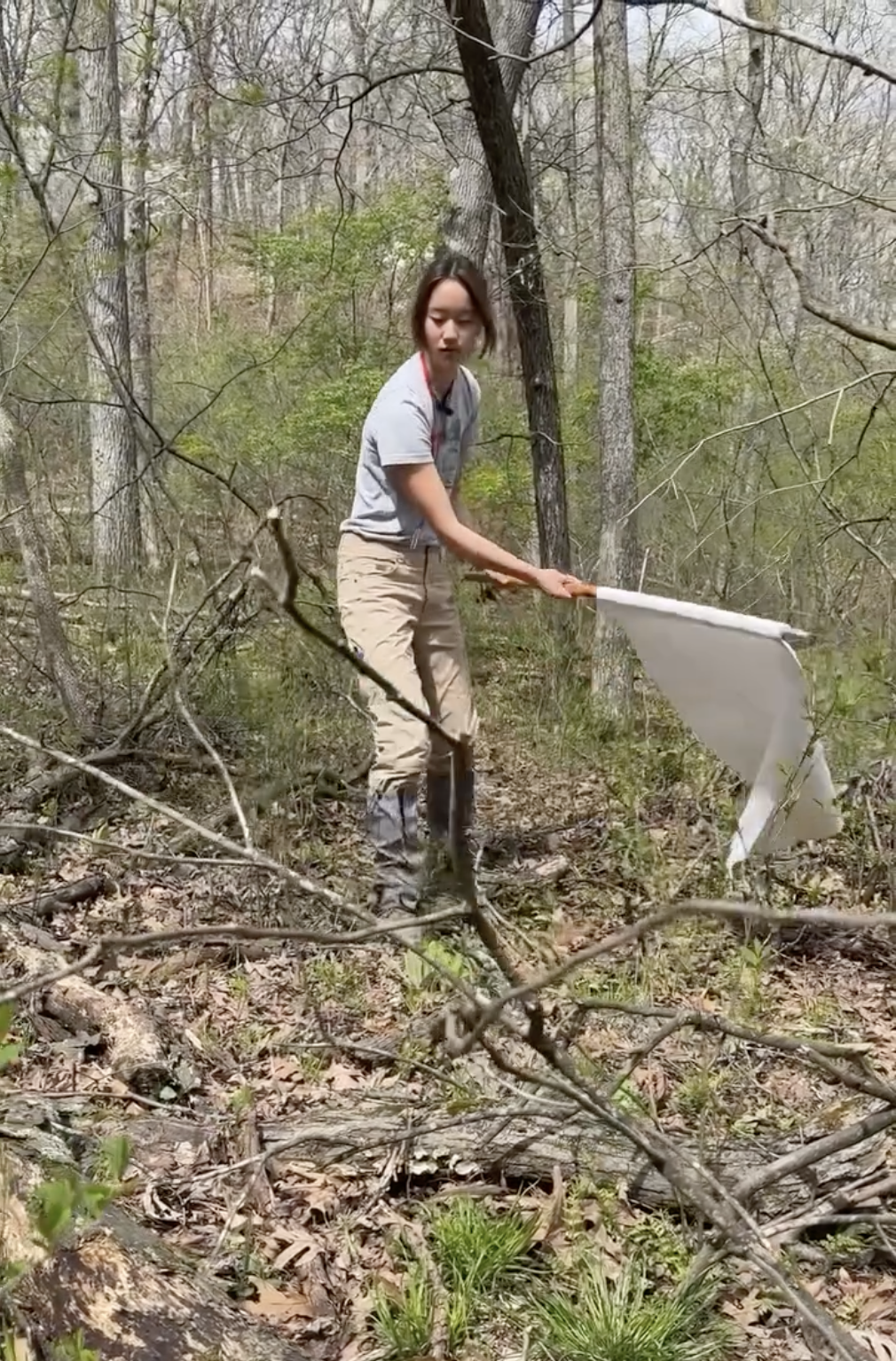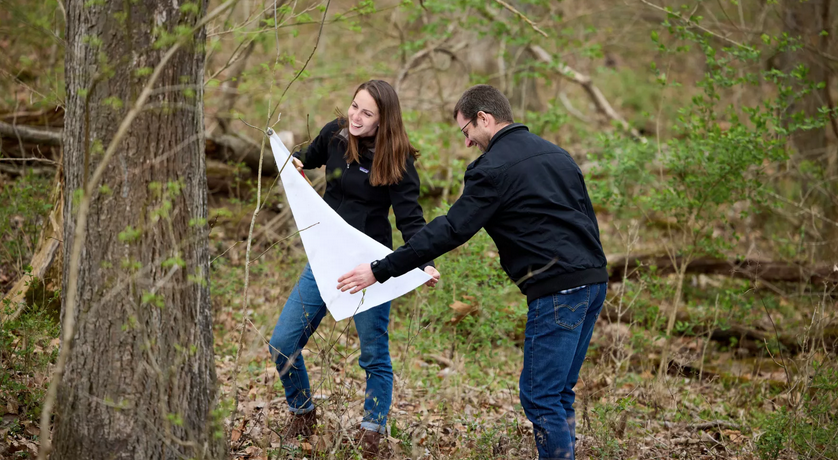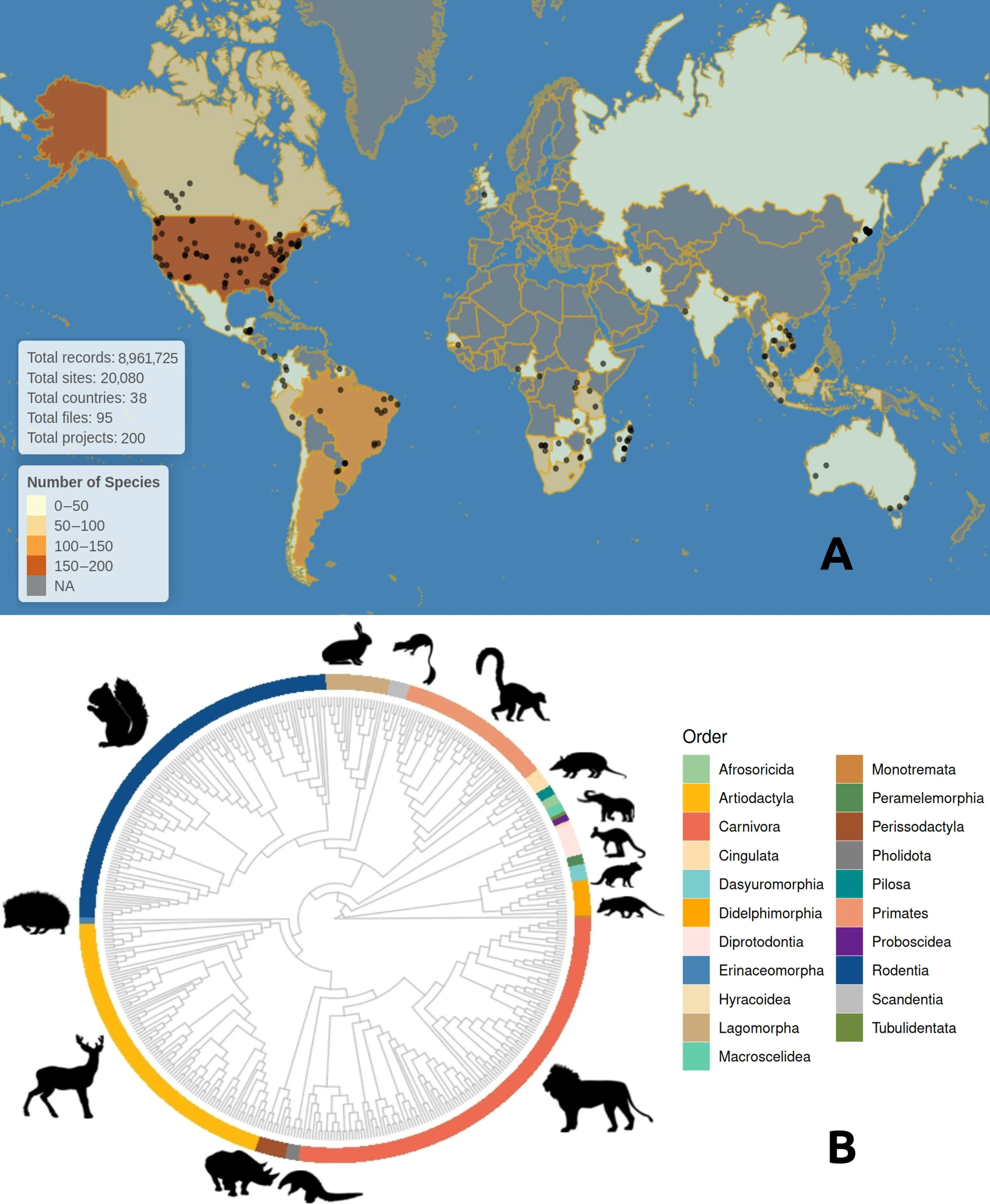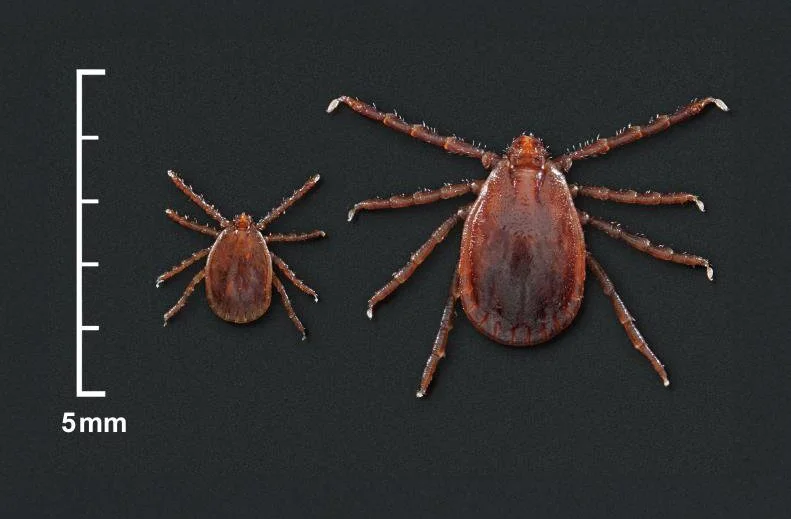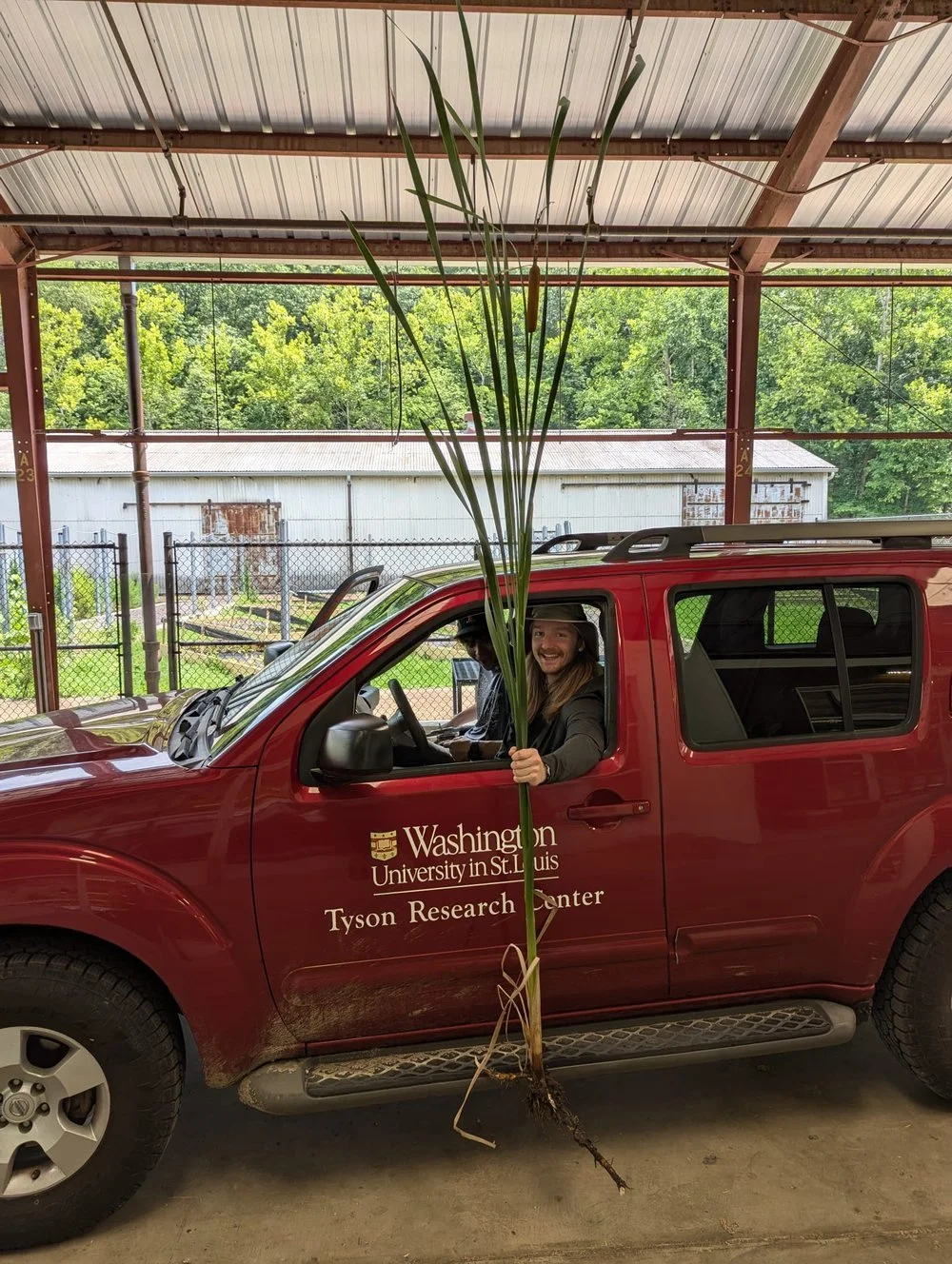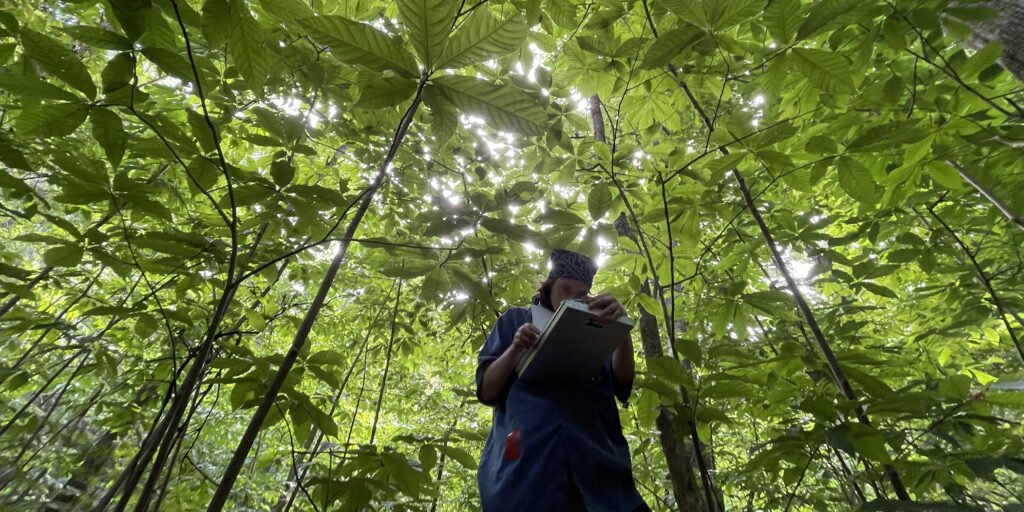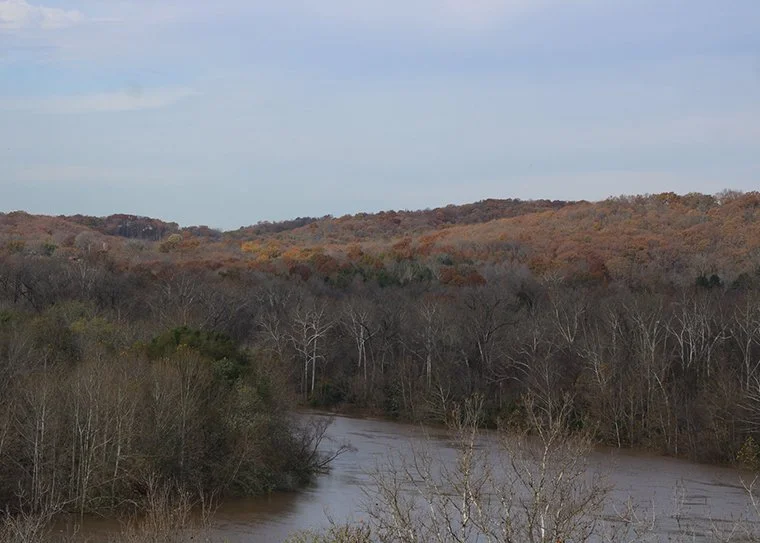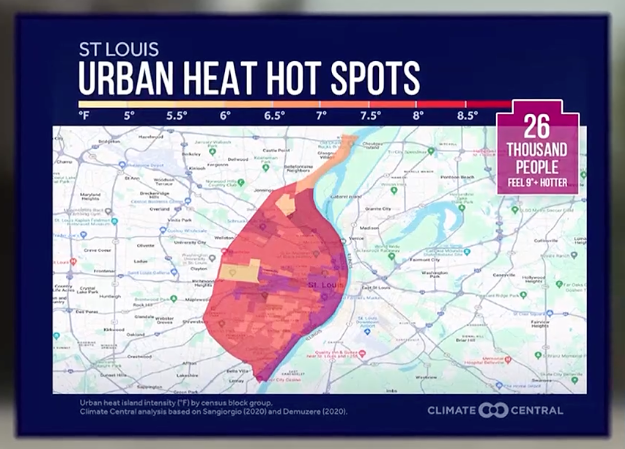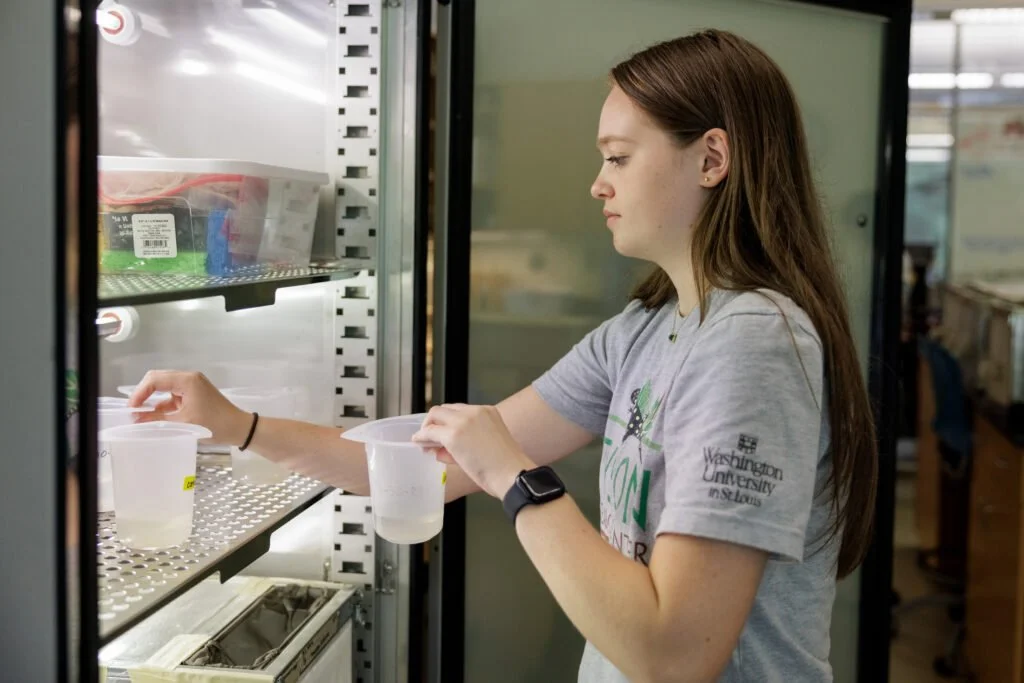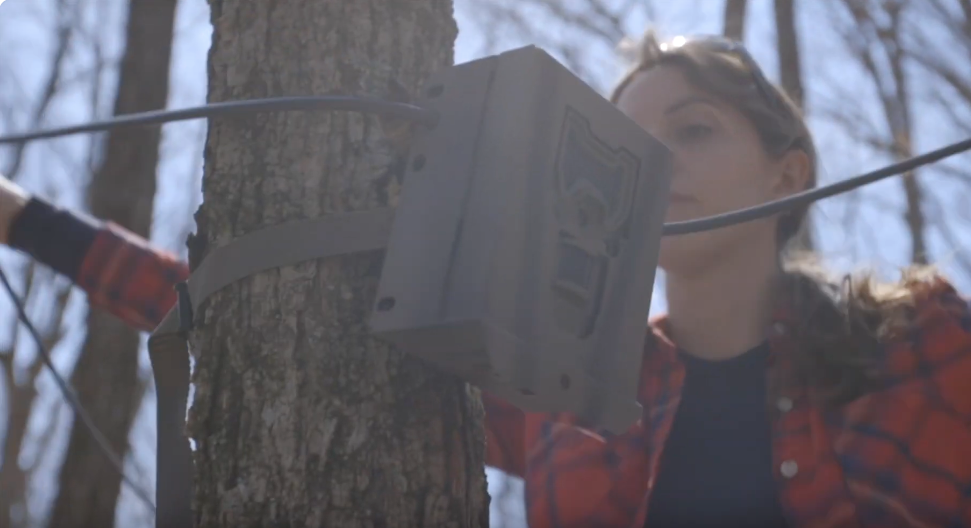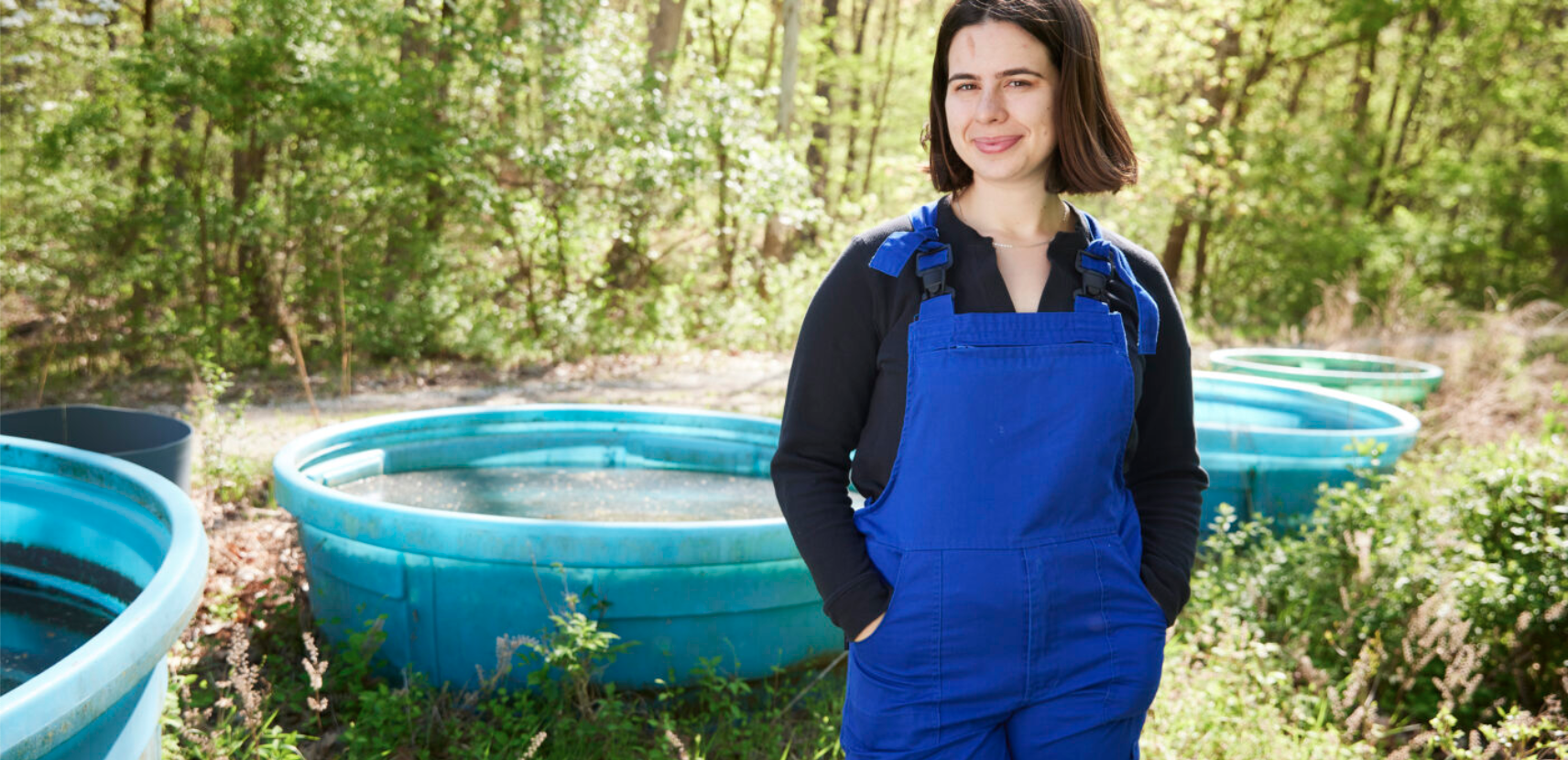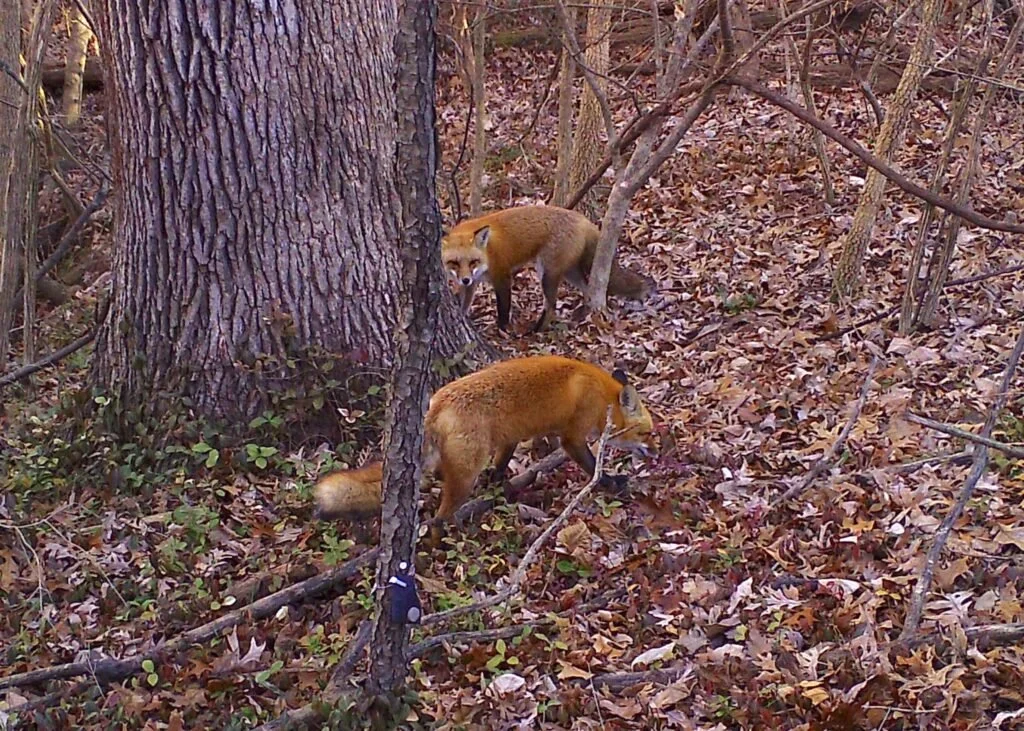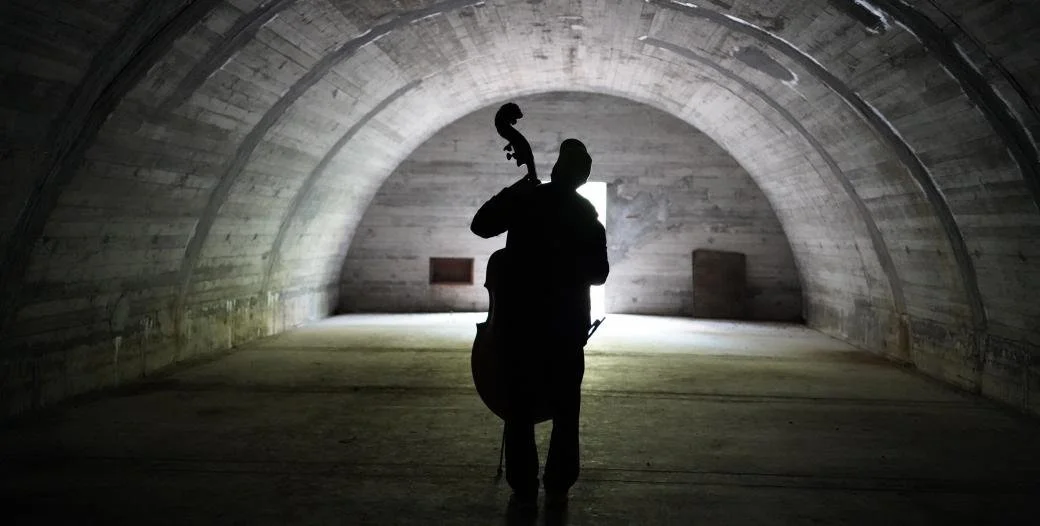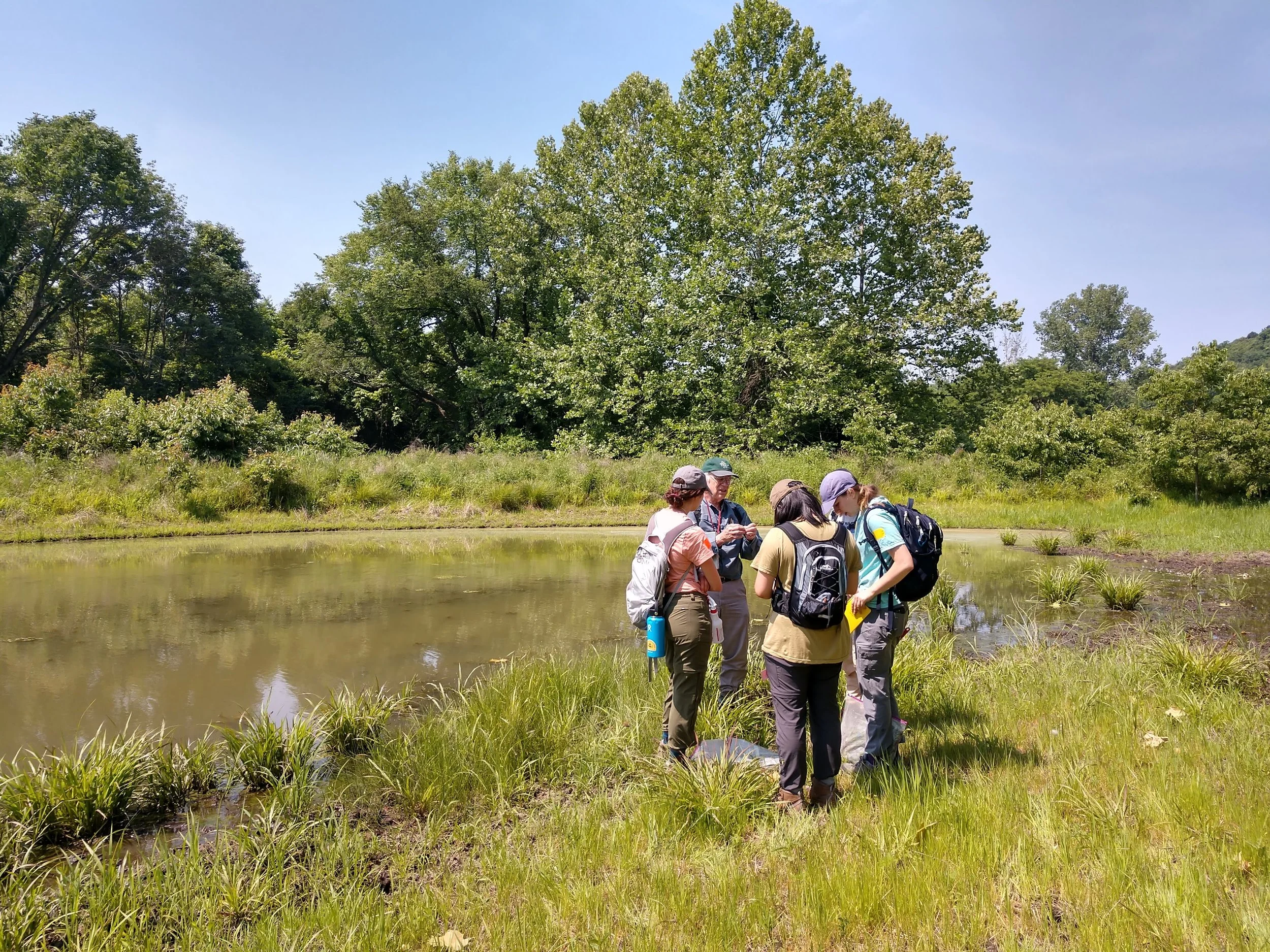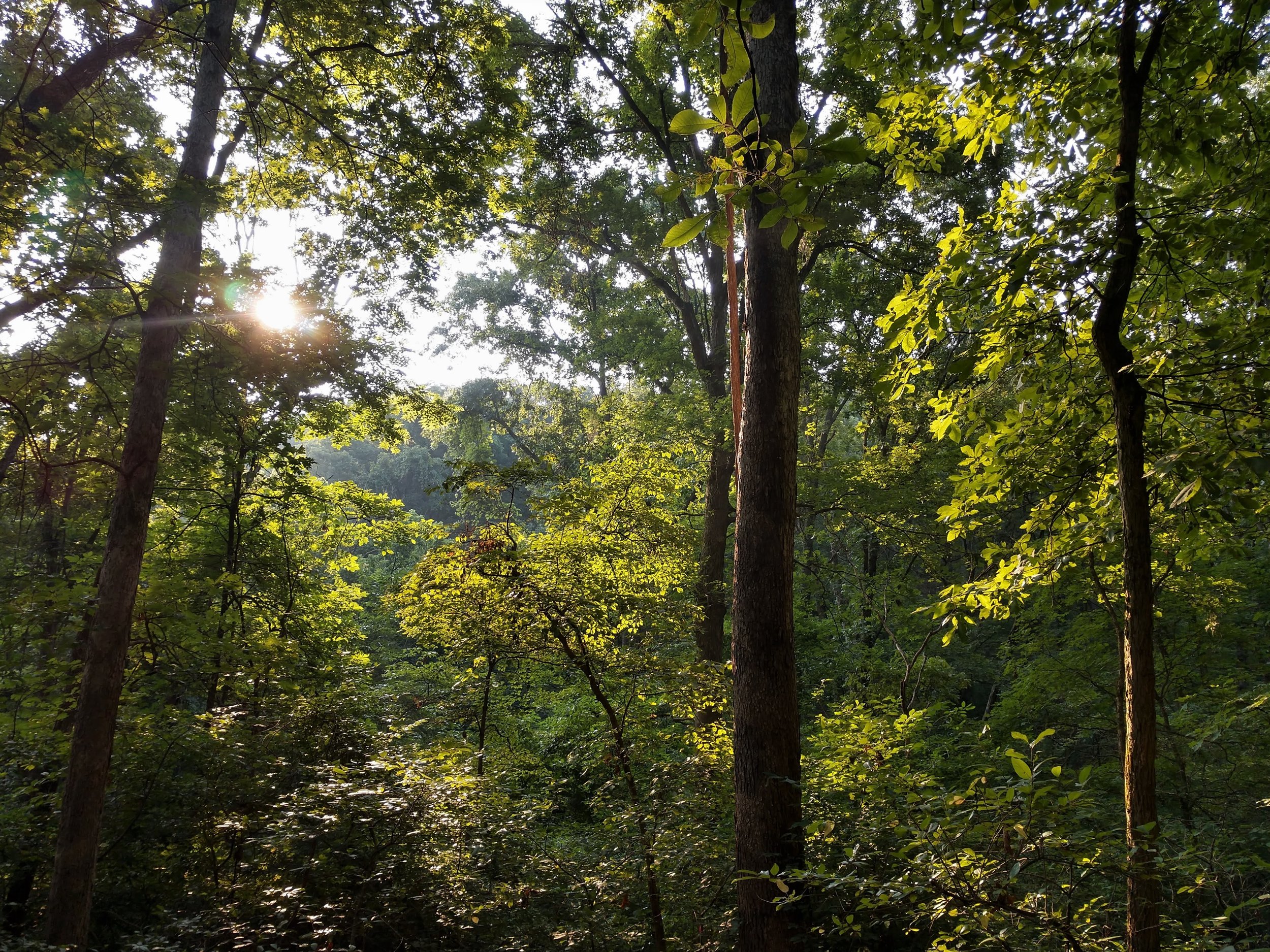
research. education. community.
We are the environmental field station
of WashU.

research. education. community.
We are the environmental field station
of WashU.
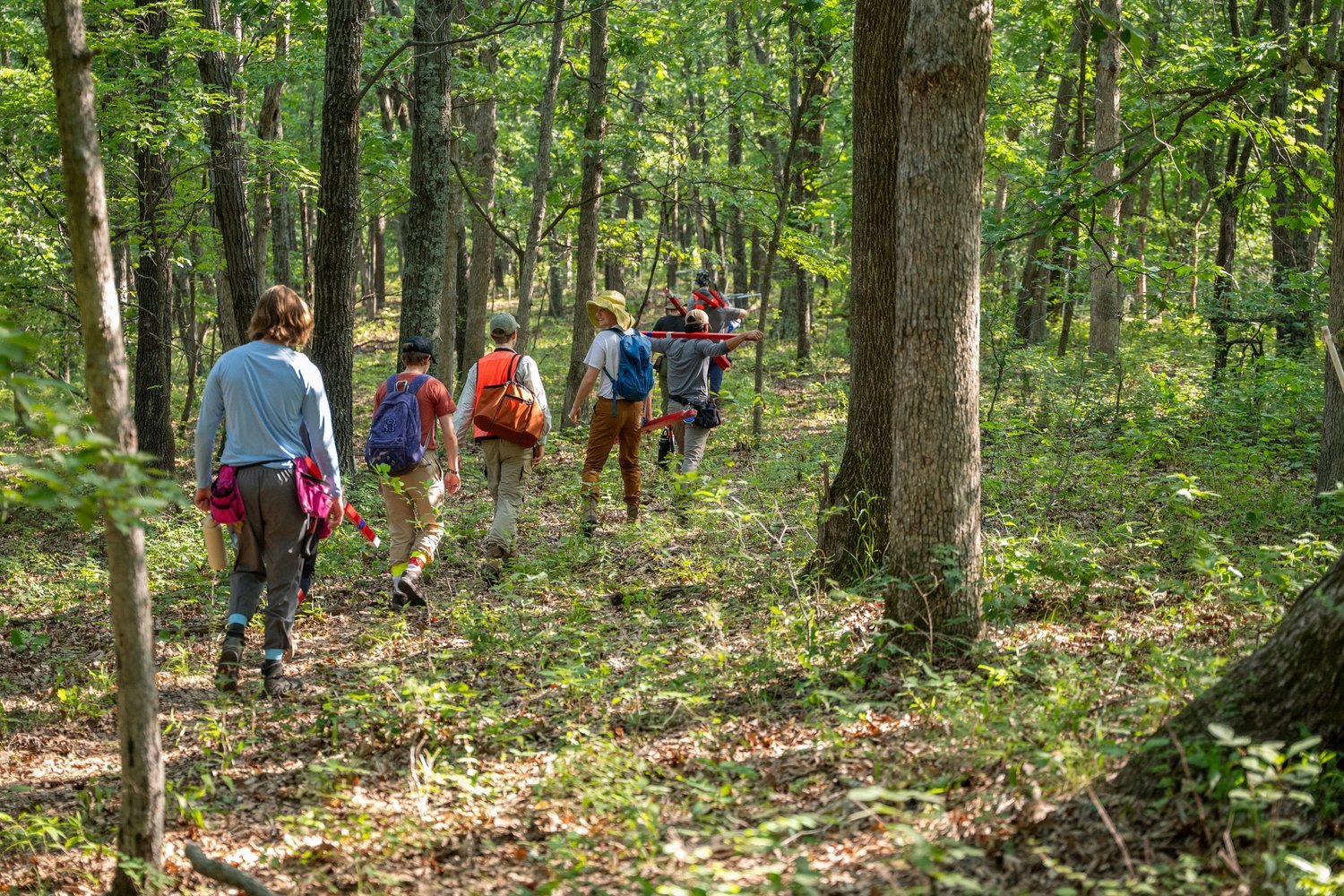
research. education. community.
We are the environmental field station
of WashU.

research. education. community.
We are the environmental field station
of WashU.
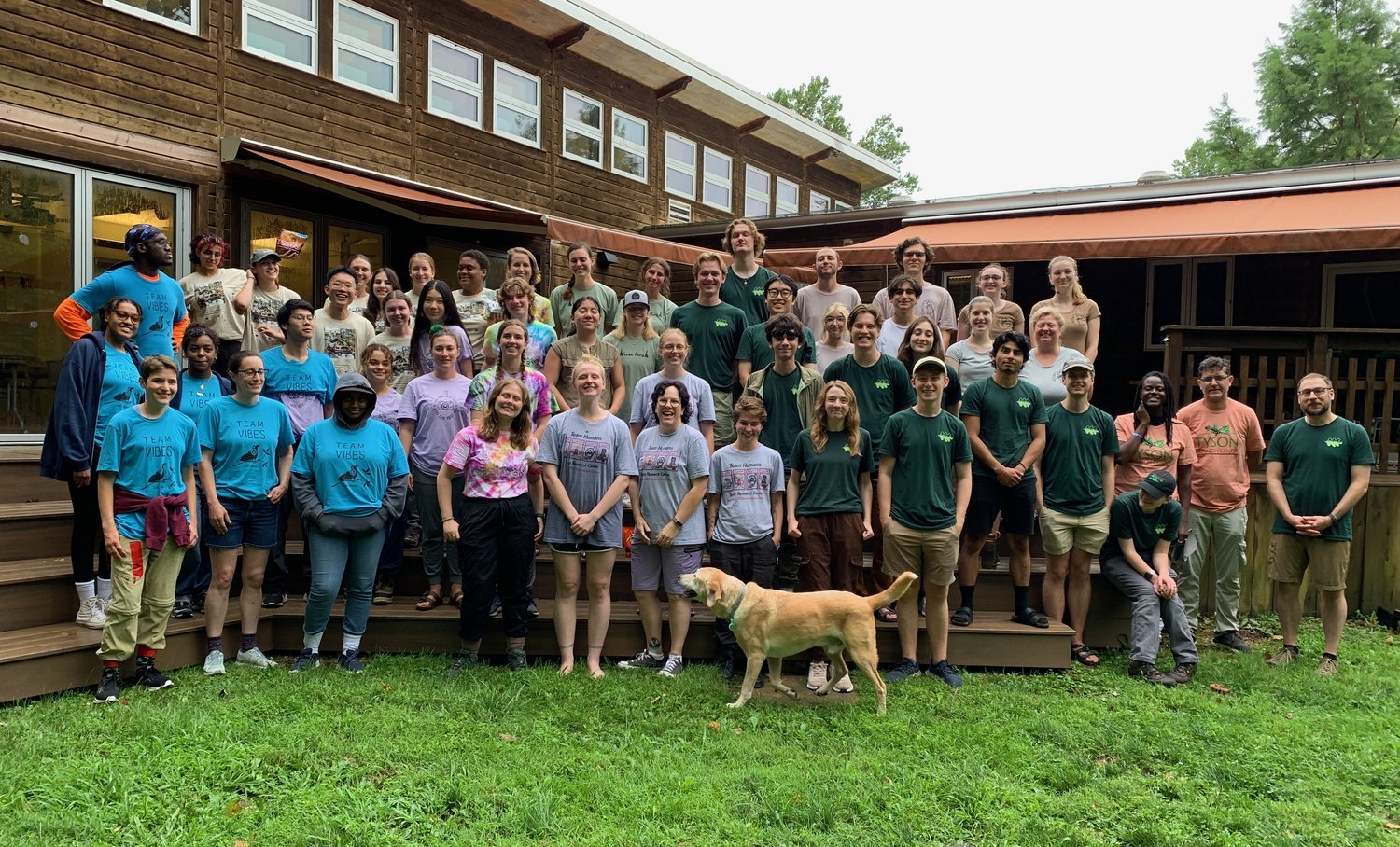
research. education. community.
We are the environmental field station
of WashU.
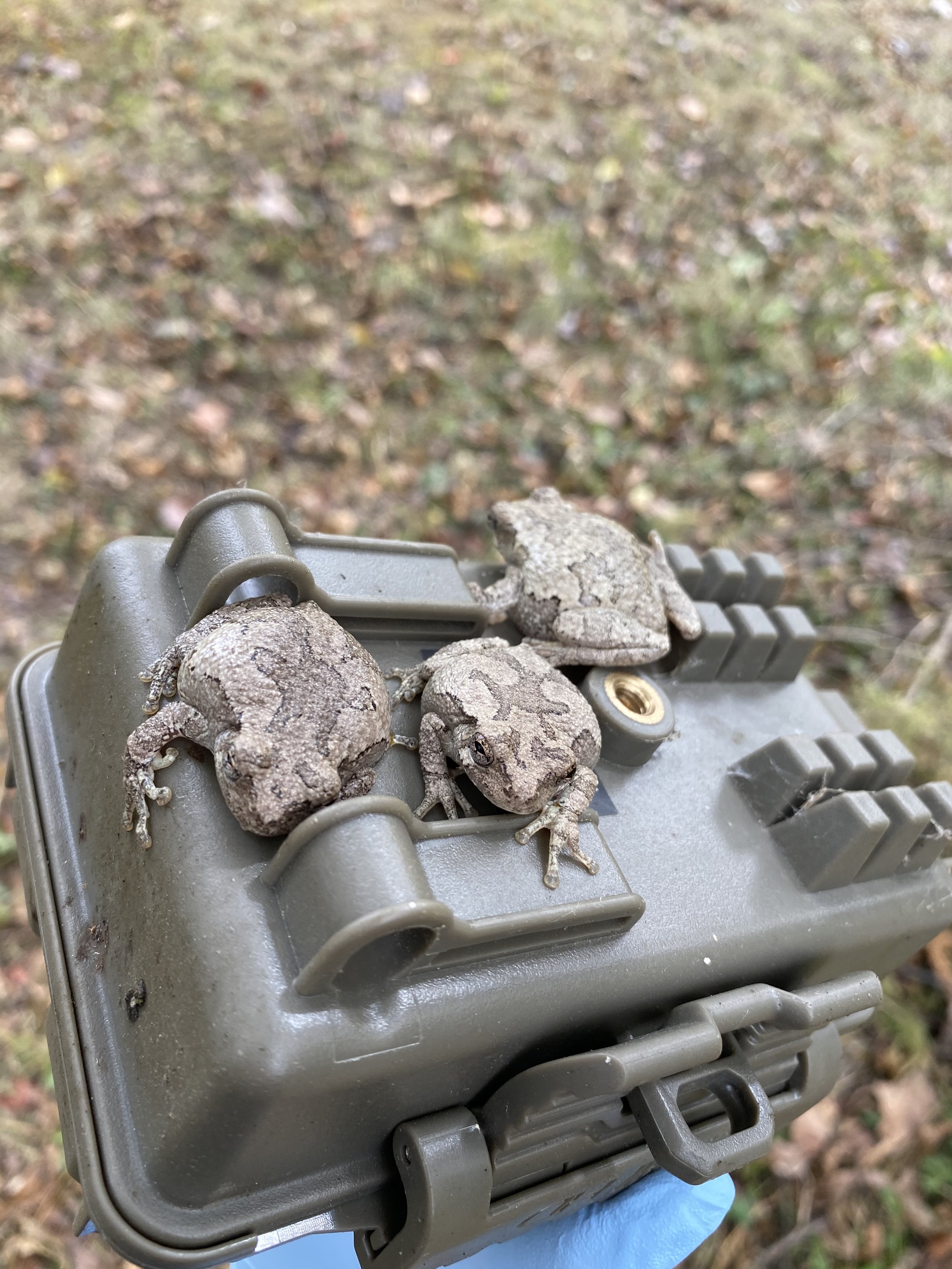
research. education. community.
We are the environmental field station
of WashU.
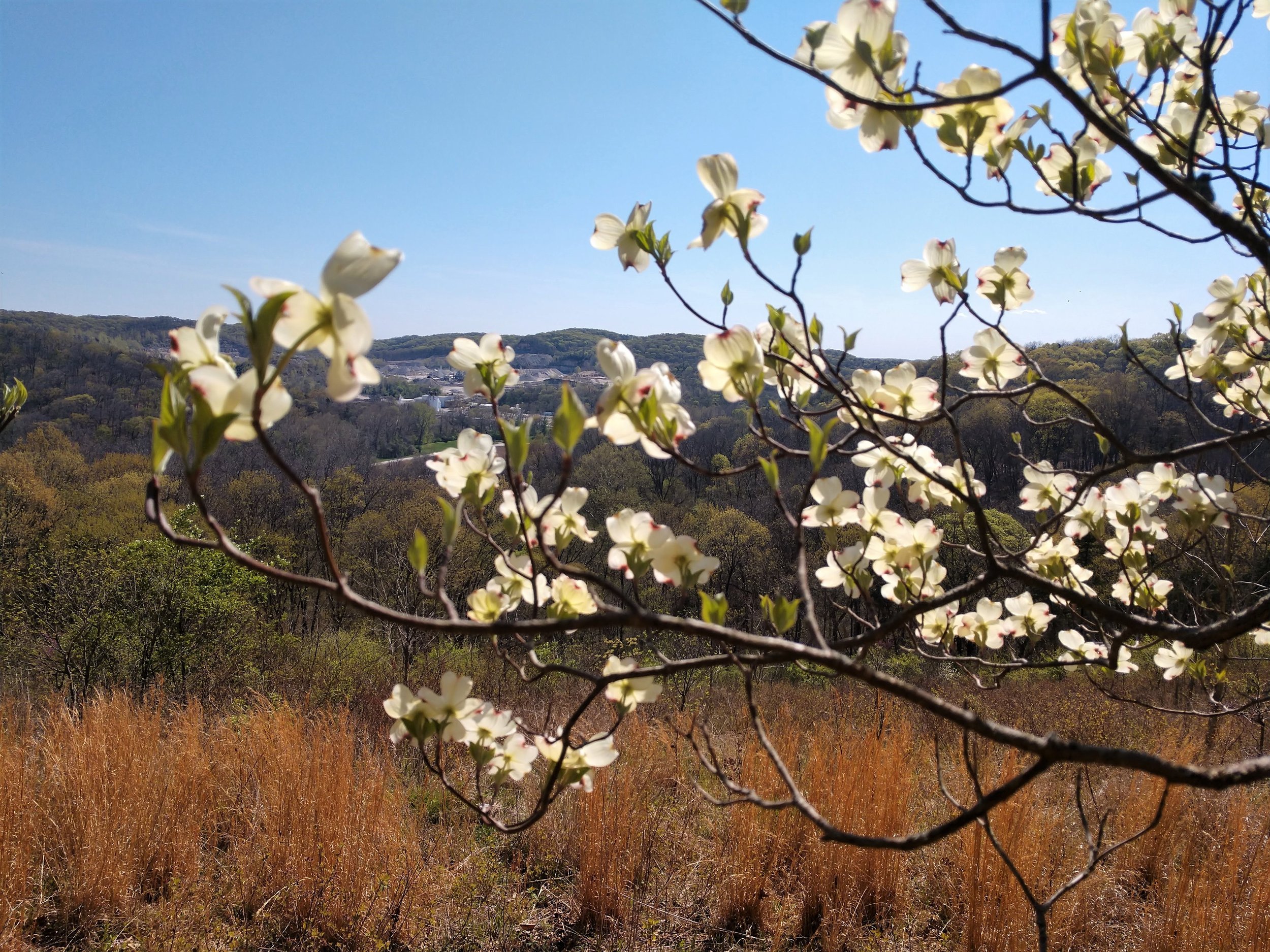
research. education. community.
We are the environmental field station
of WashU.
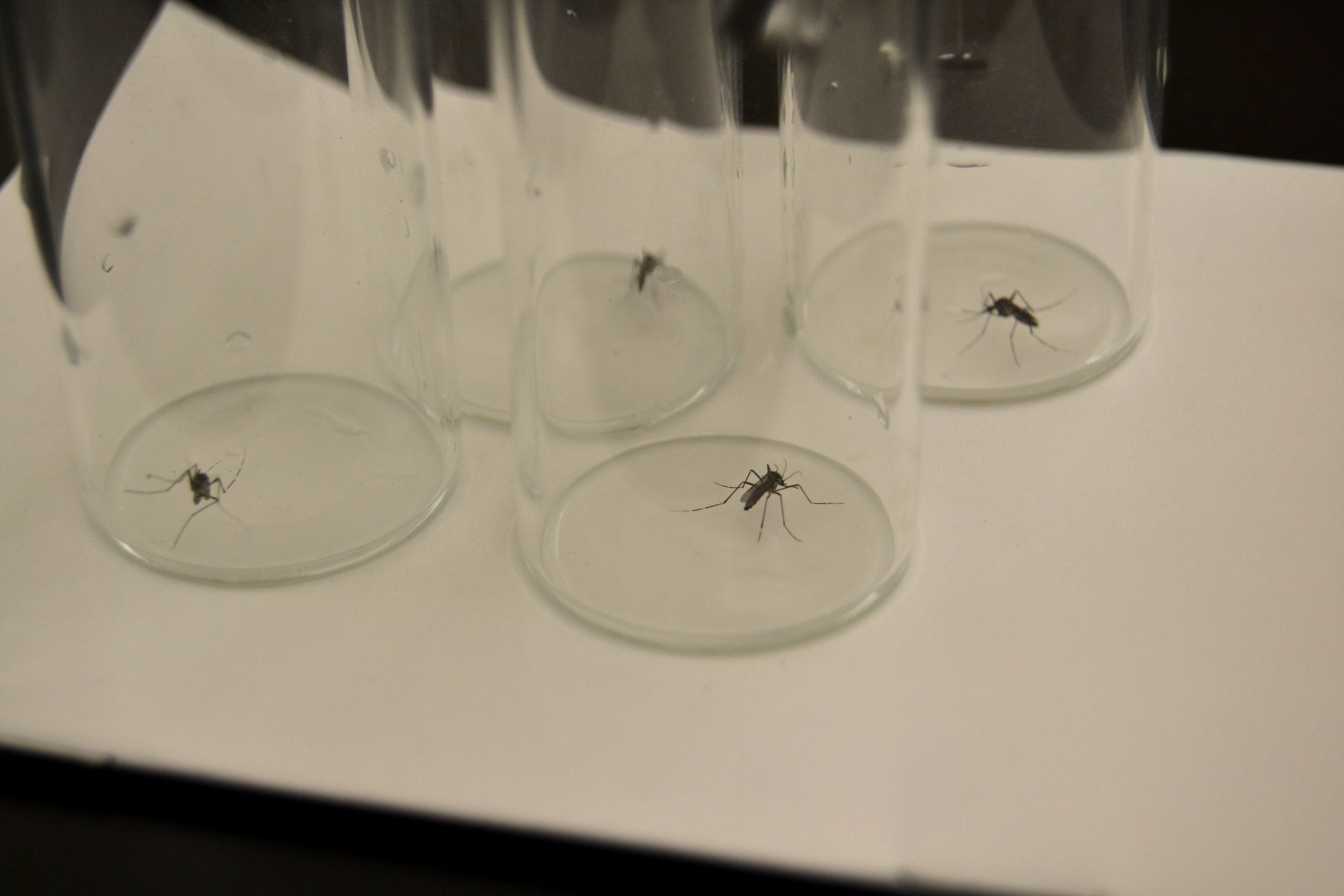
research. education. community.
We are the environmental field station
of WashU.
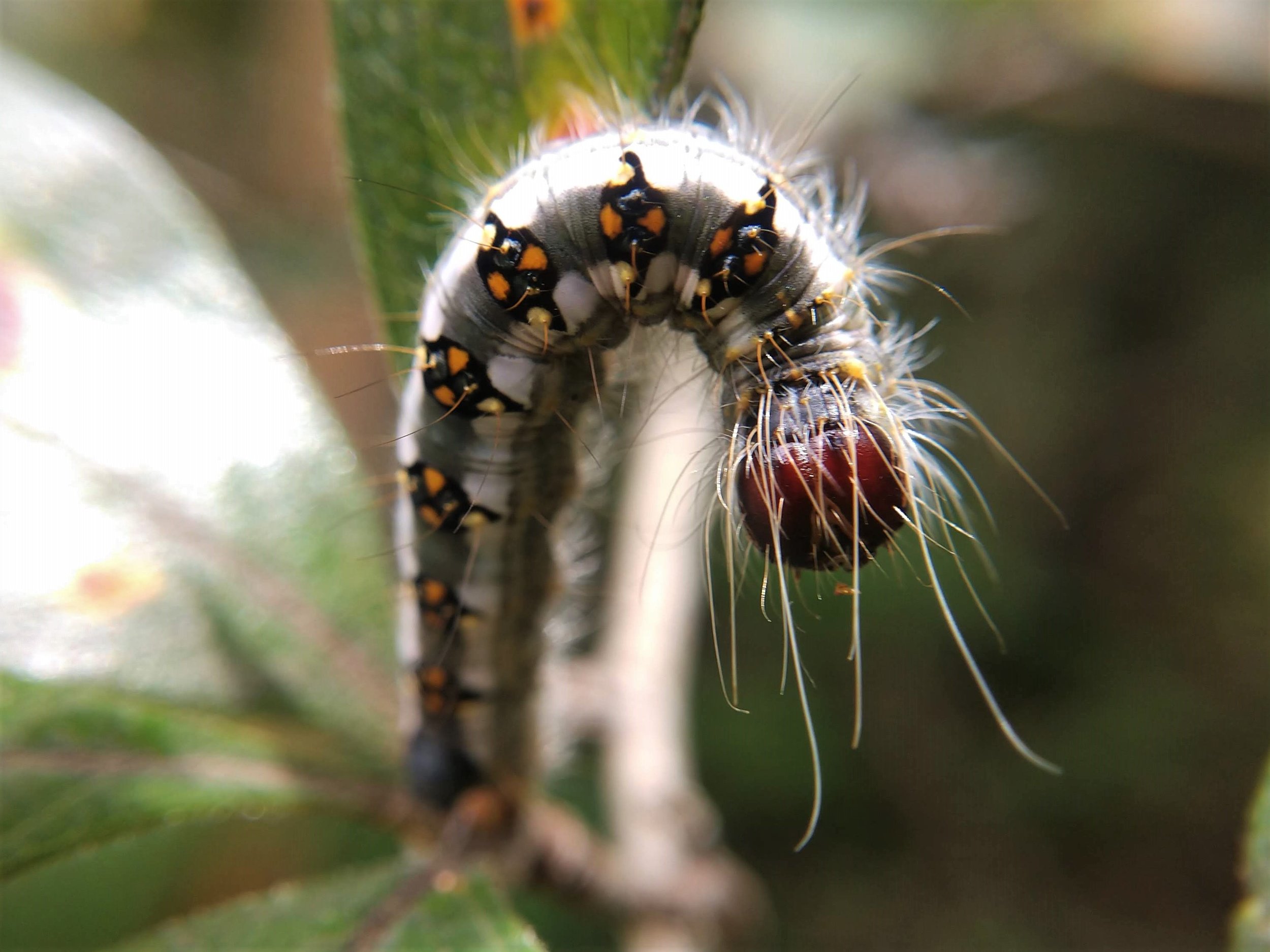
research. education. community.
We are the environmental field station
of WashU.
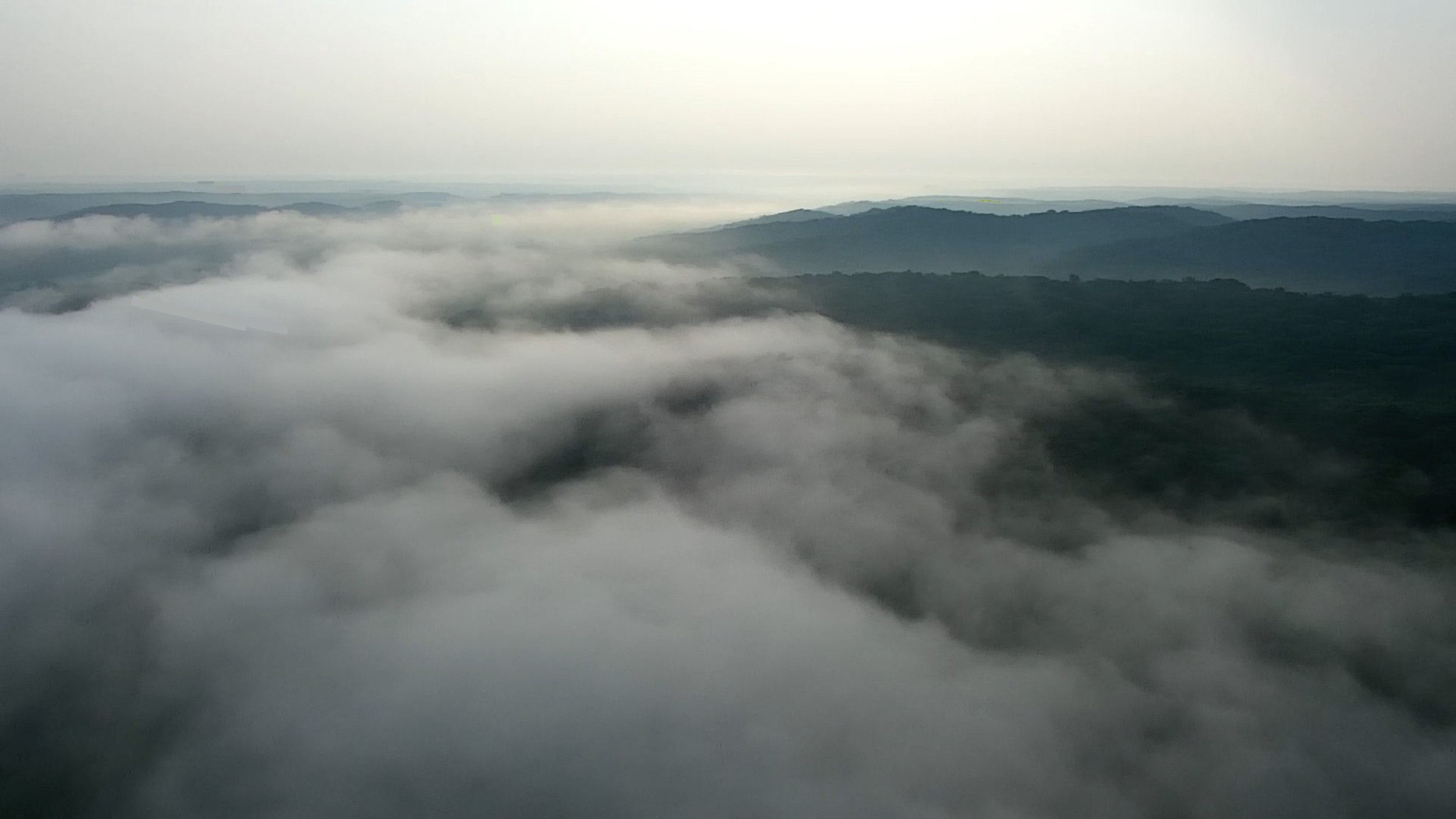
research. education. community.
We are the environmental field station
of WashU.

research. education. community.
We are the environmental field station
of WashU.

research. education. community.
We are the environmental field station
of WashU.

research. education. community.
We are the environmental field station
of WashU.
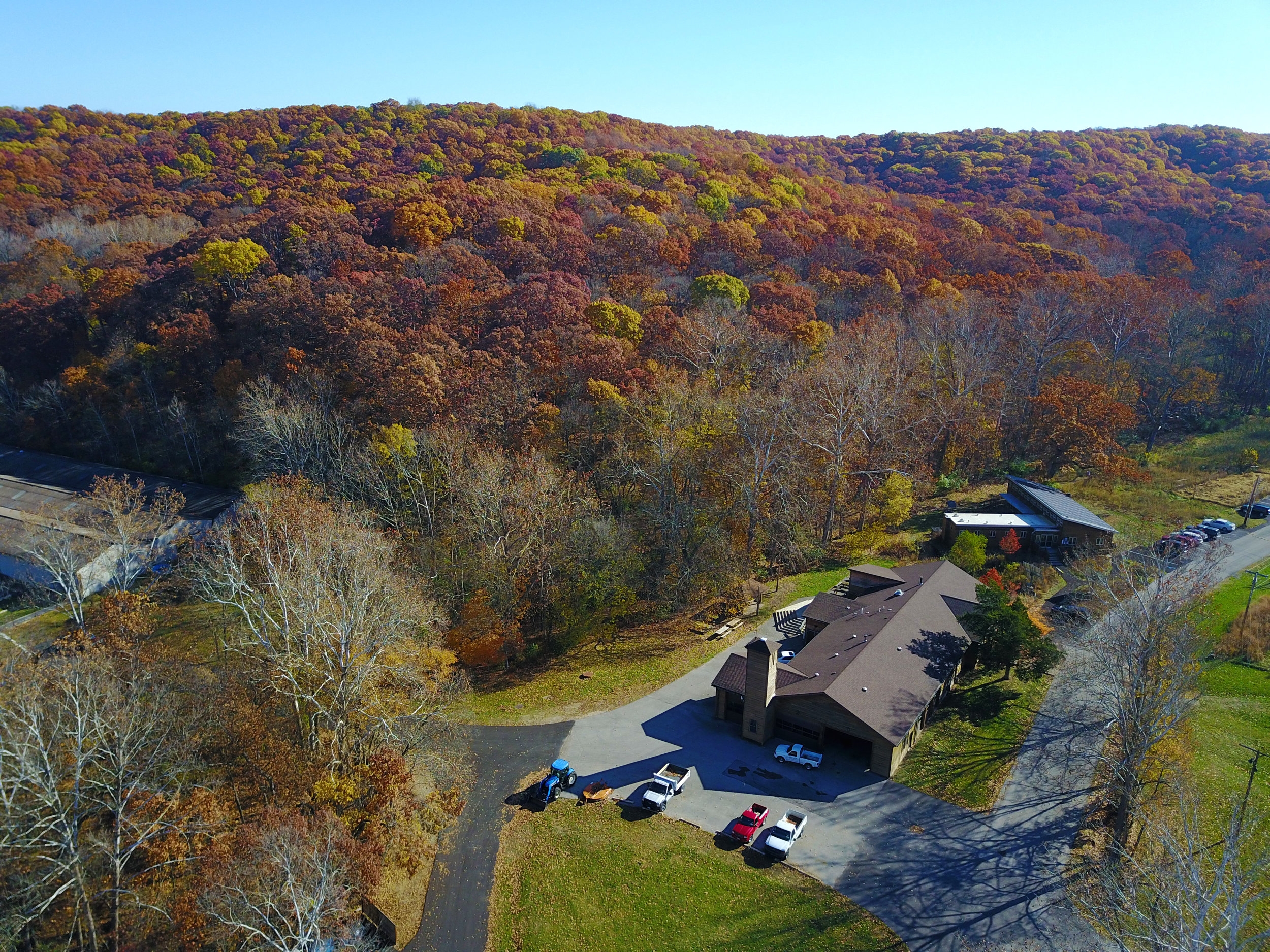
research. education. community.
We are the environmental field station
of WashU.
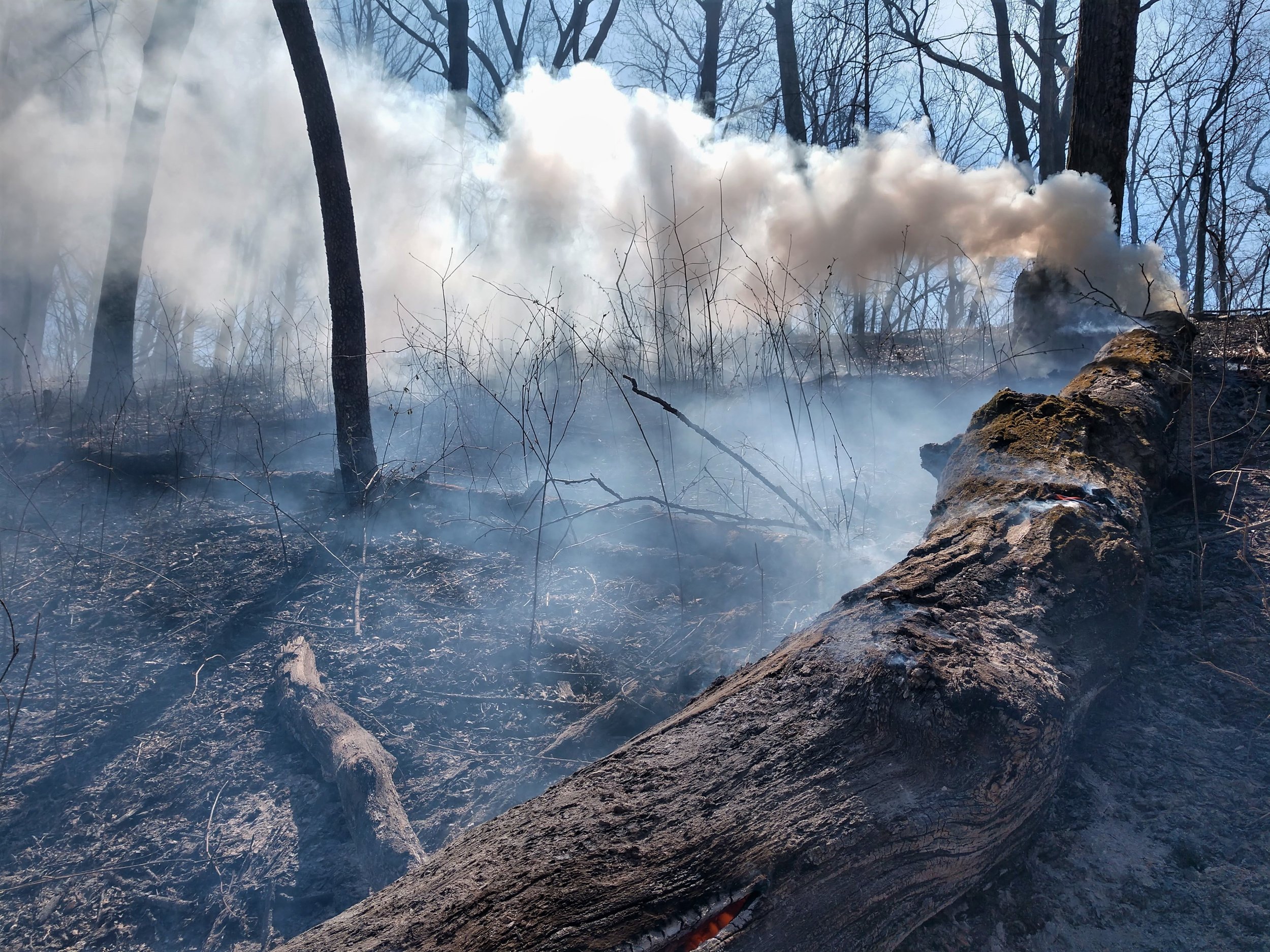
research. education. community.
We are the environmental field station
of WashU.
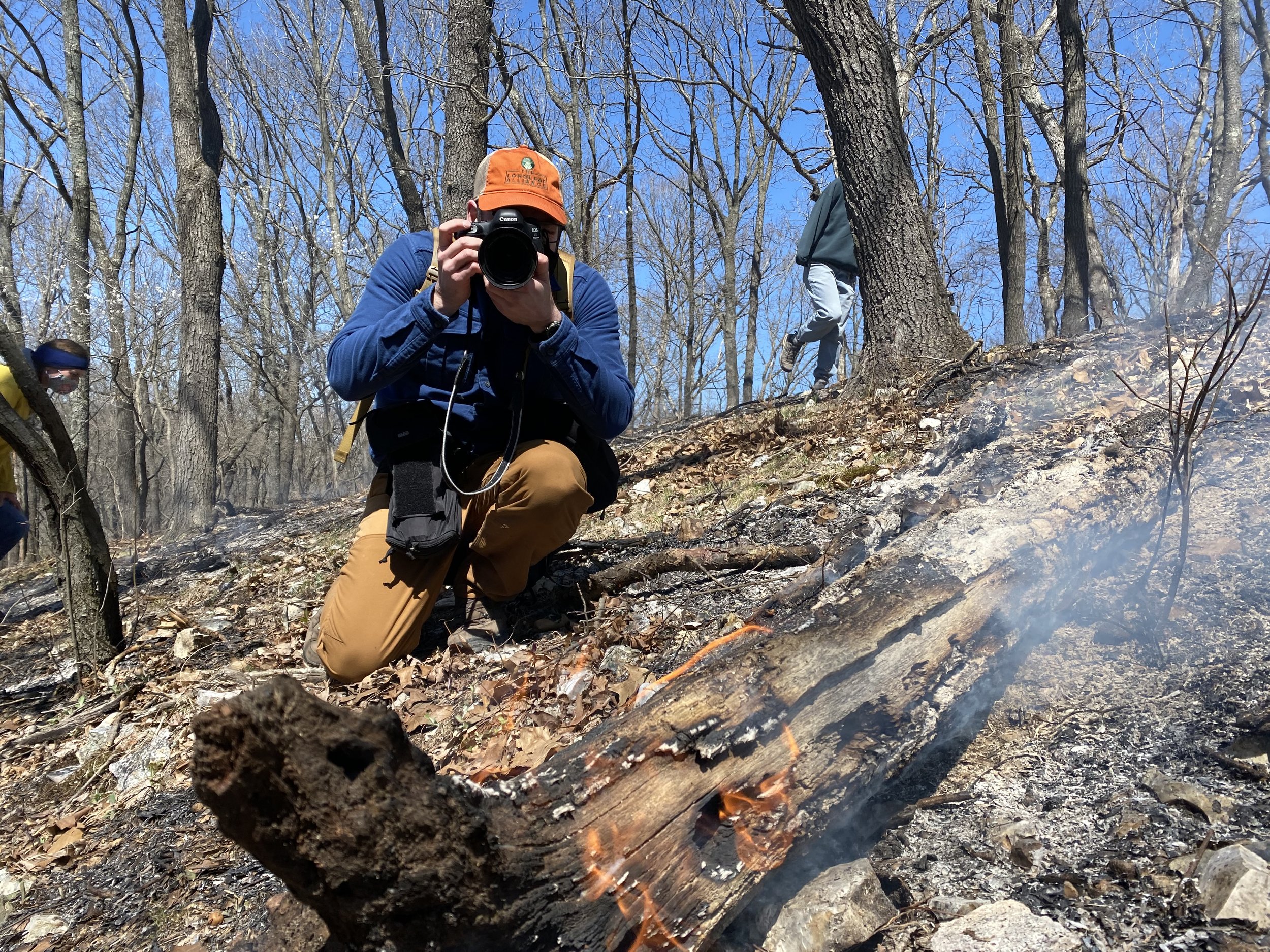
research. education. community.
We are the environmental field station
of WashU.
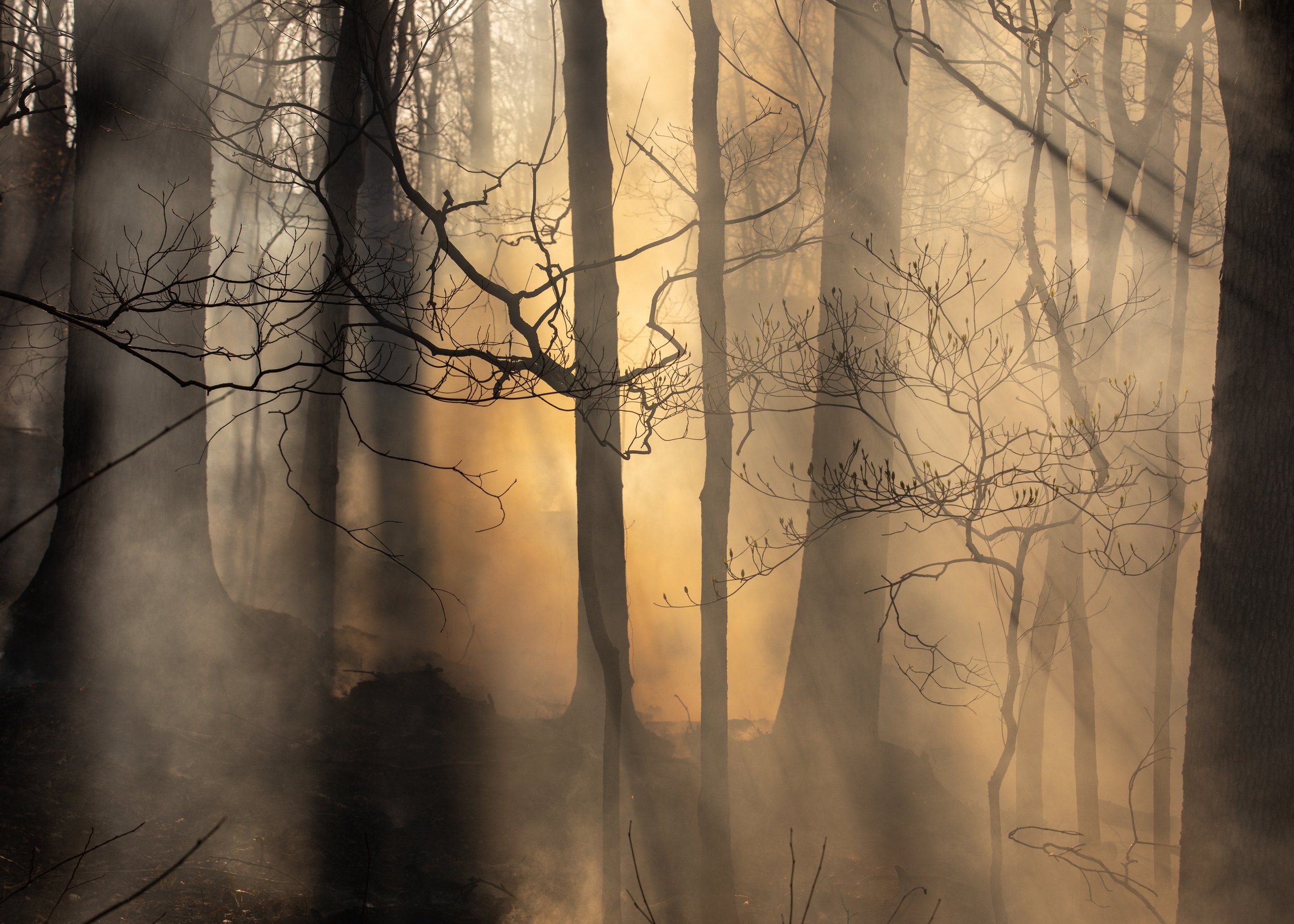
rresearch. education. community.
We are the environmental field station
of WashU.
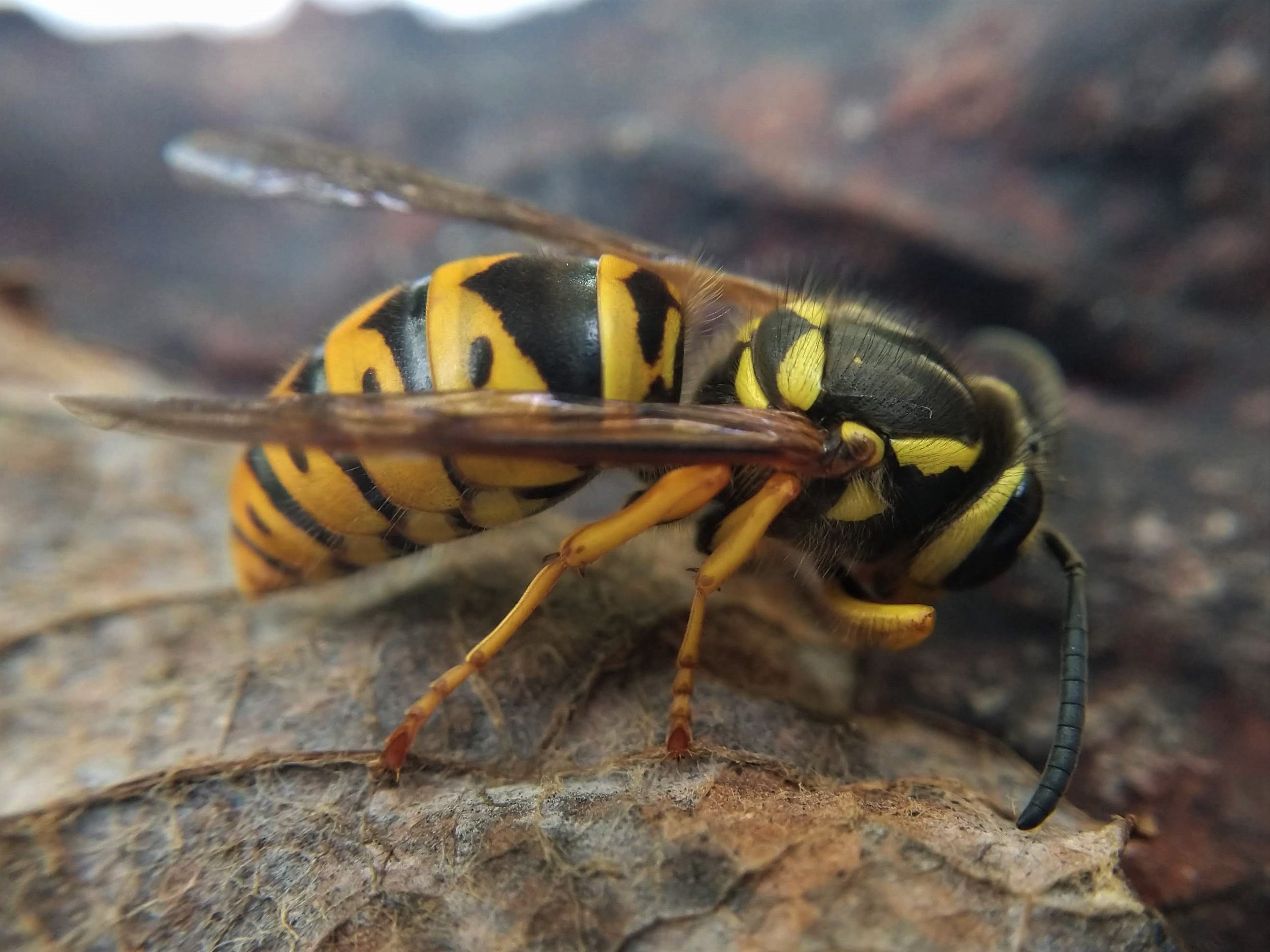
research. education. community.
We are the environmental field station
of WashU.
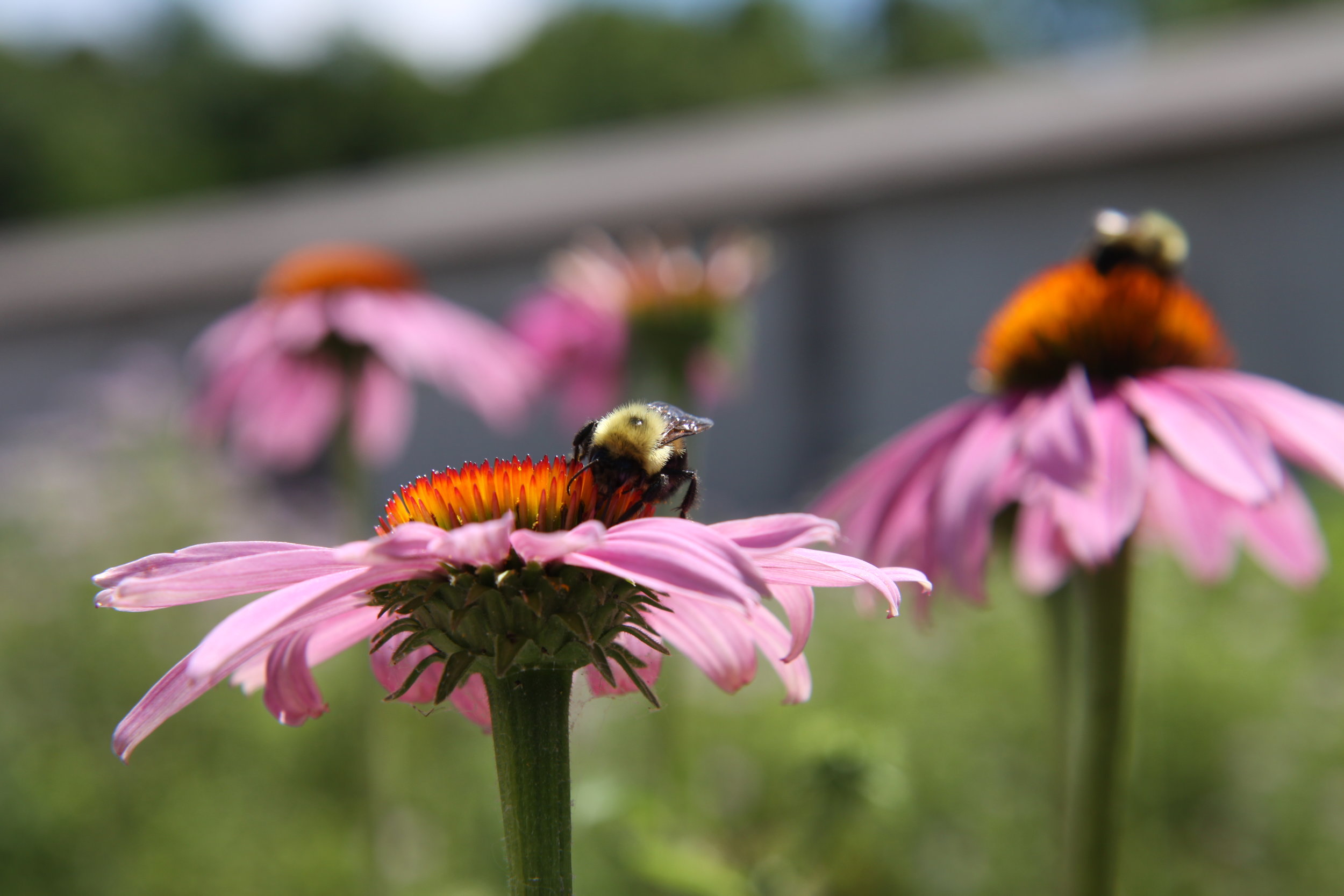
research. education. community.
We are the environmental field station
of WashU.

research. education. community.
We are the environmental field station
of WashU.
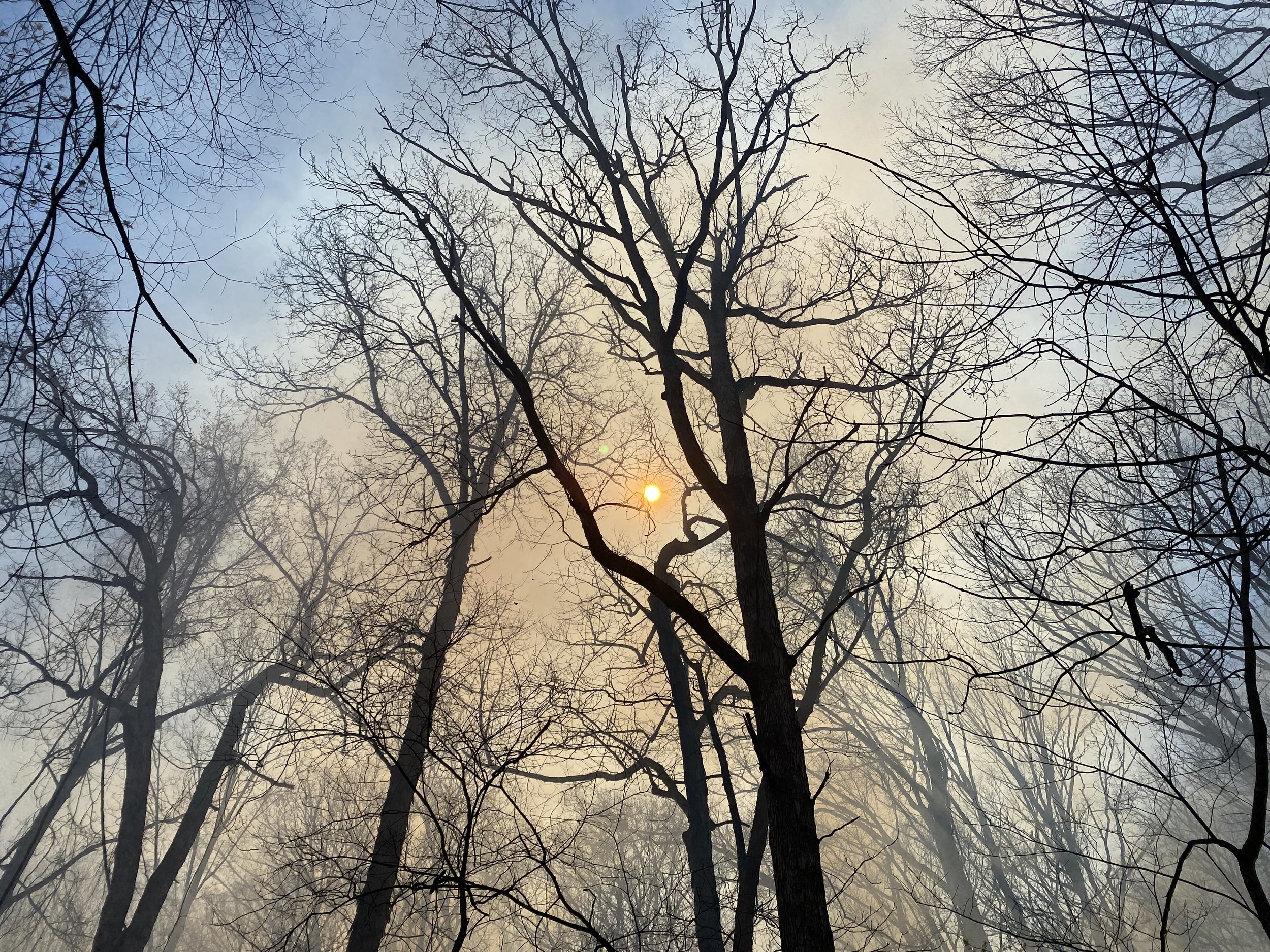
research. education. community.
We are the environmental field station
of WashU.
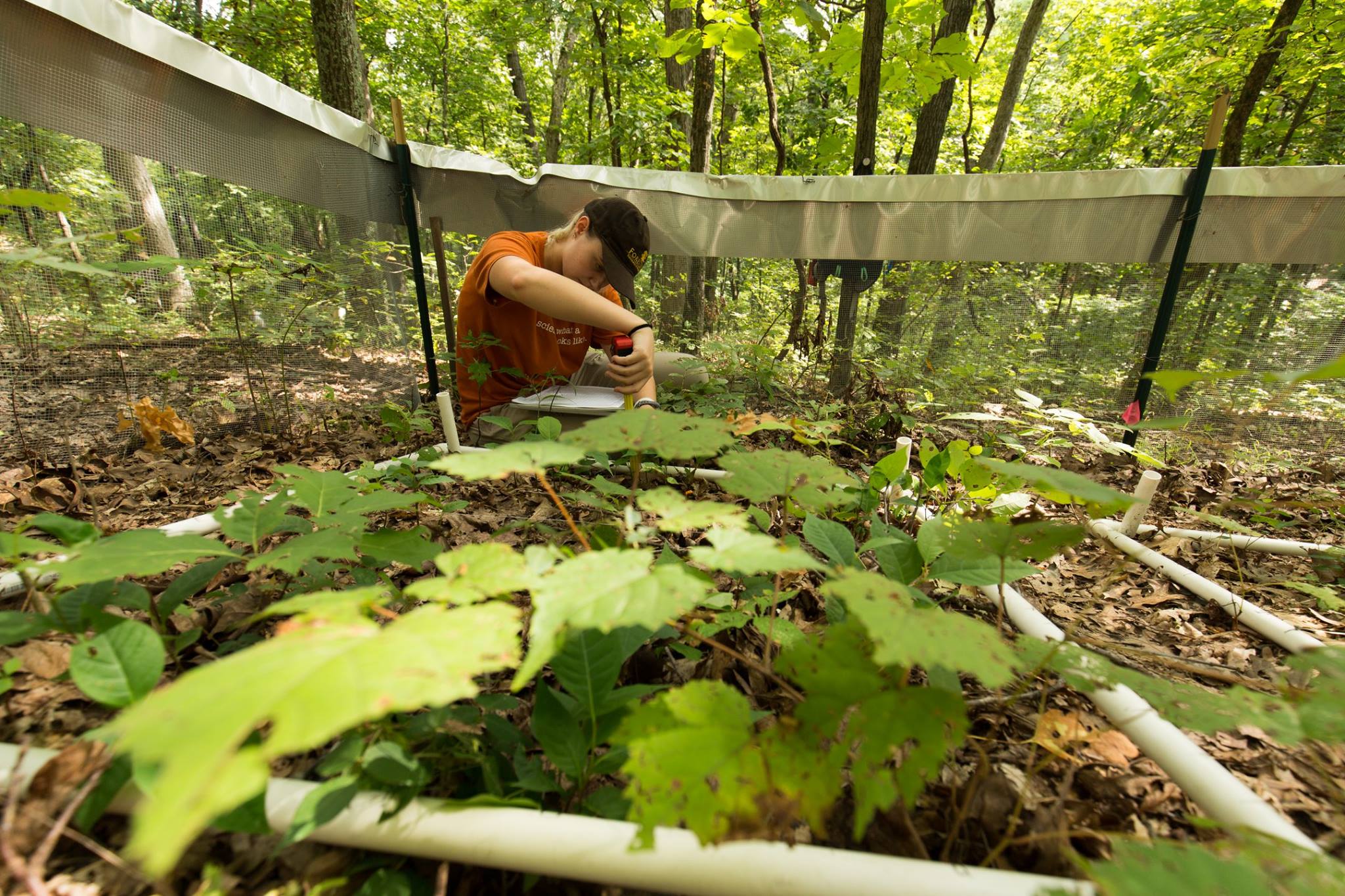
research. education. community.
We are the environmental field station
of WashU.
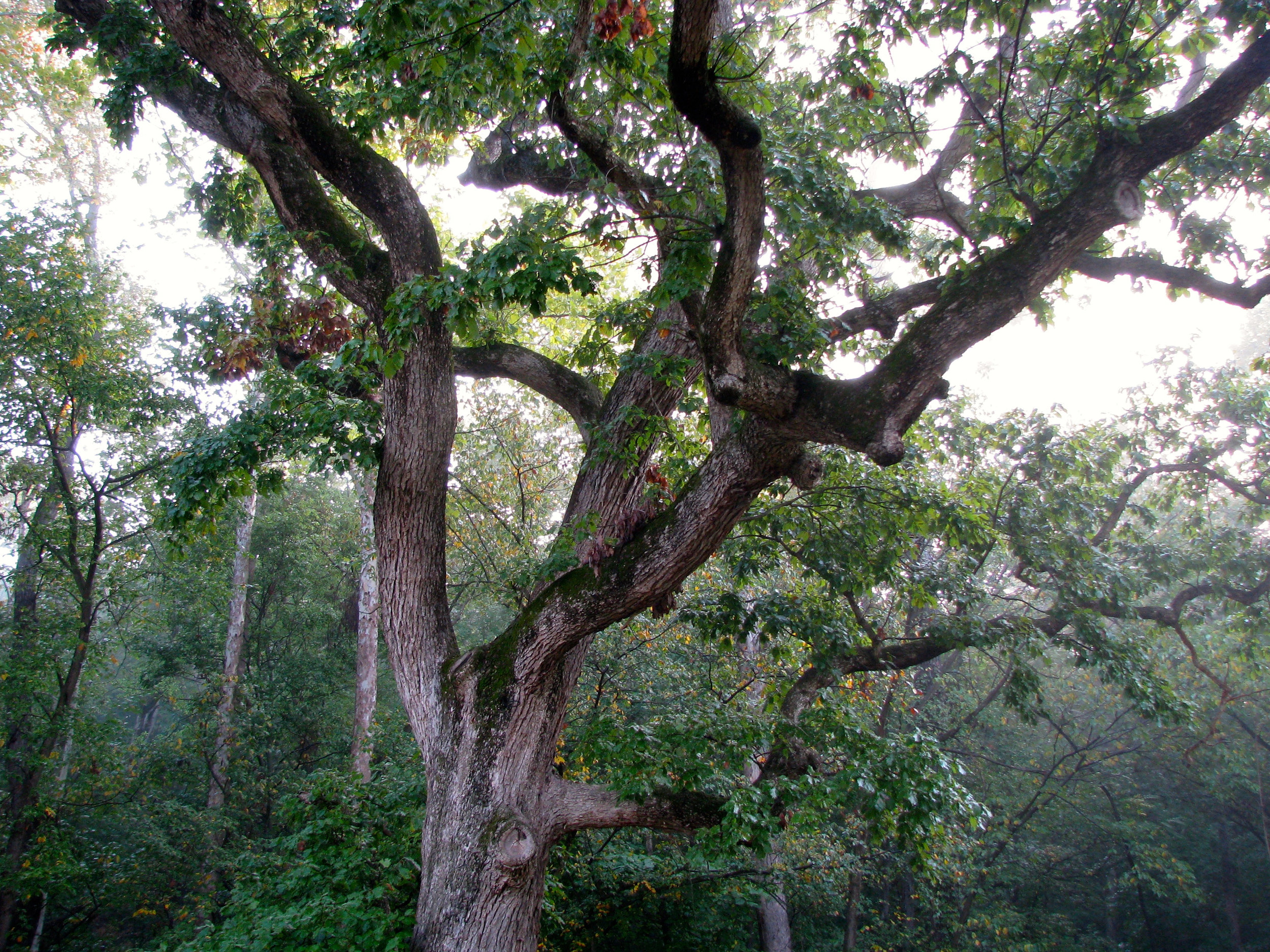
research. education. community.
We are the environmental field station
of WashU.

research. education. community.
We are the environmental field station
of WashU.
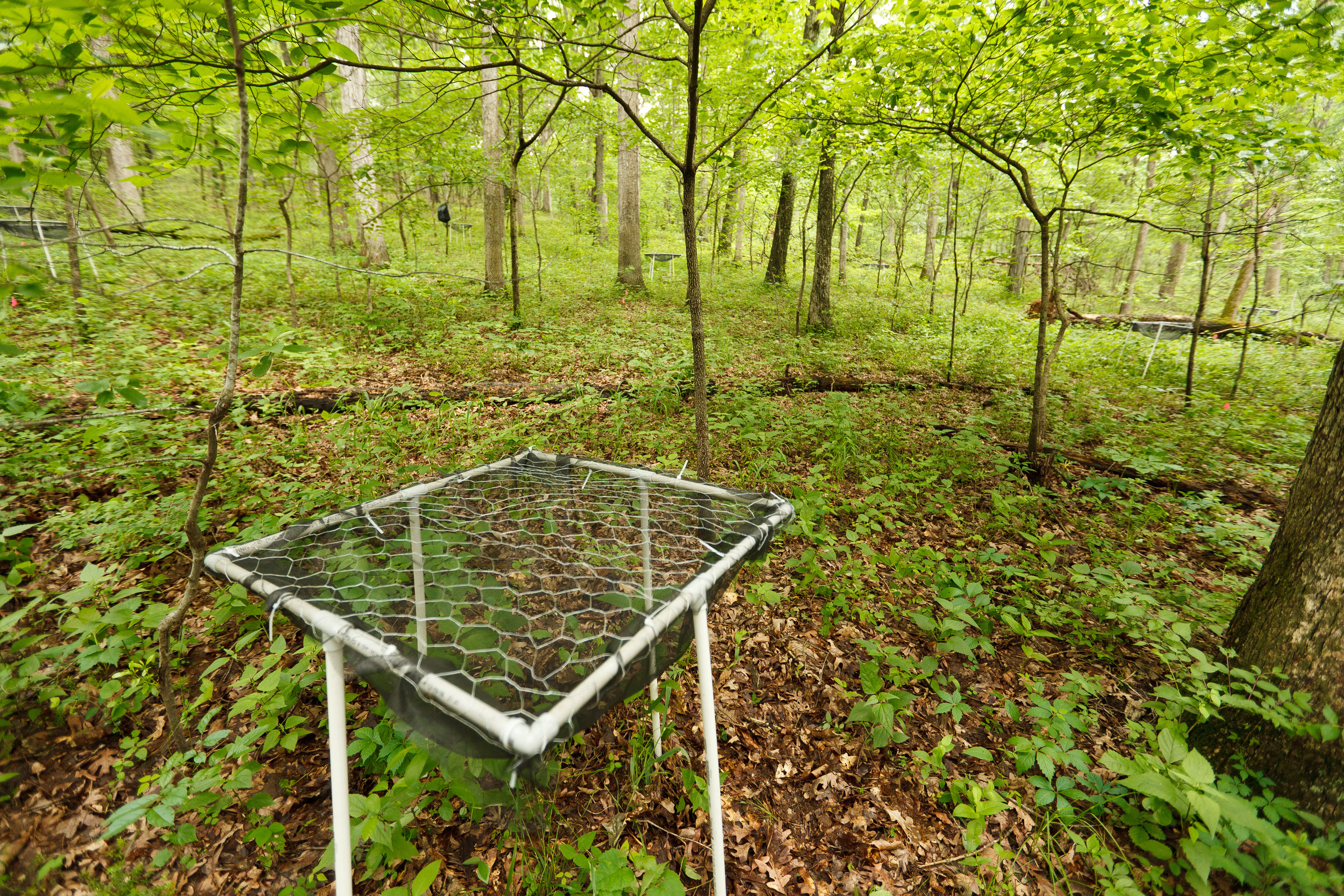
research. education. community.
We are the environmental field station
of WashU.
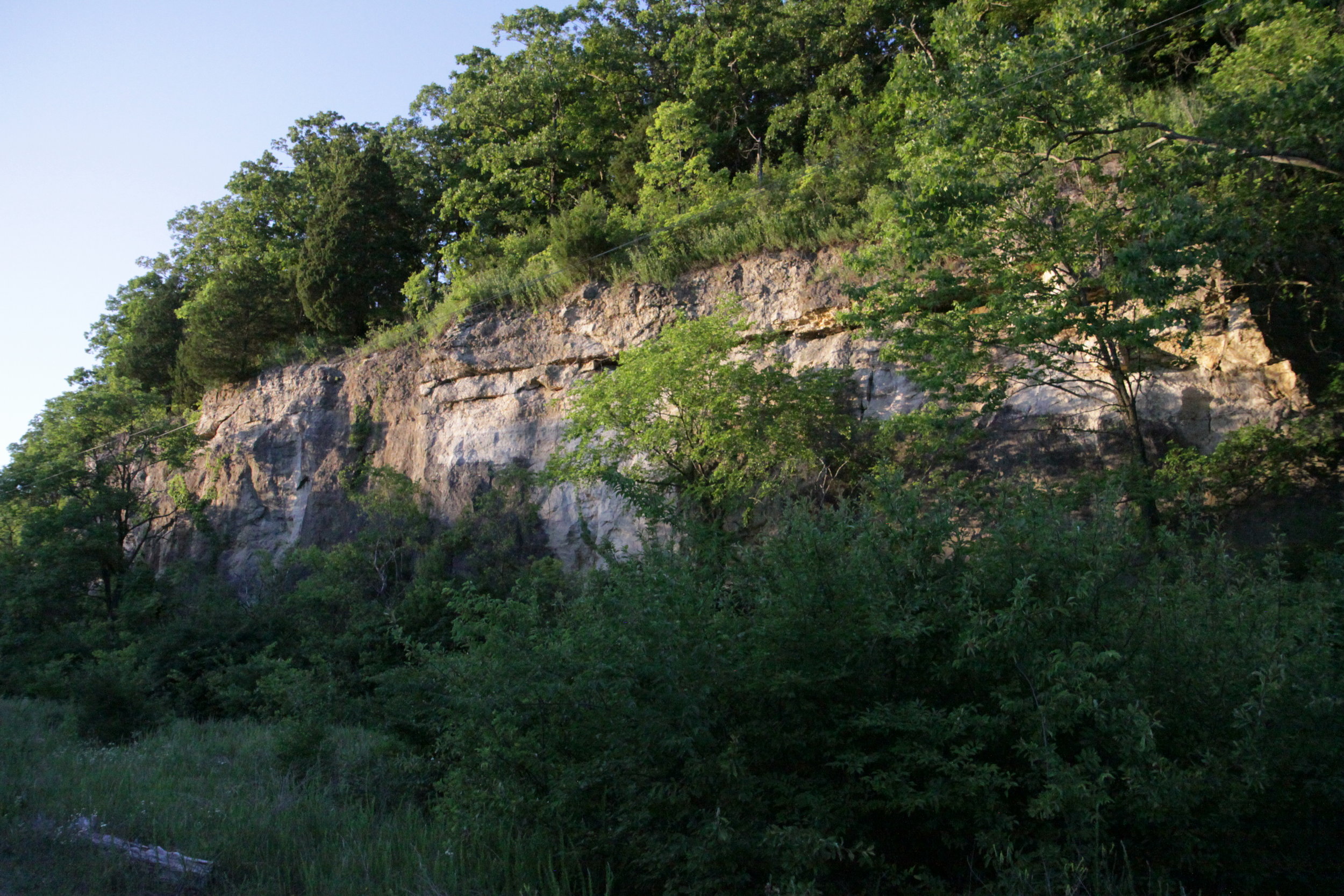
research. education. community.
We are the environmental field station
of WashU.

research. education. community.
We are the environmental field station
of WashU.
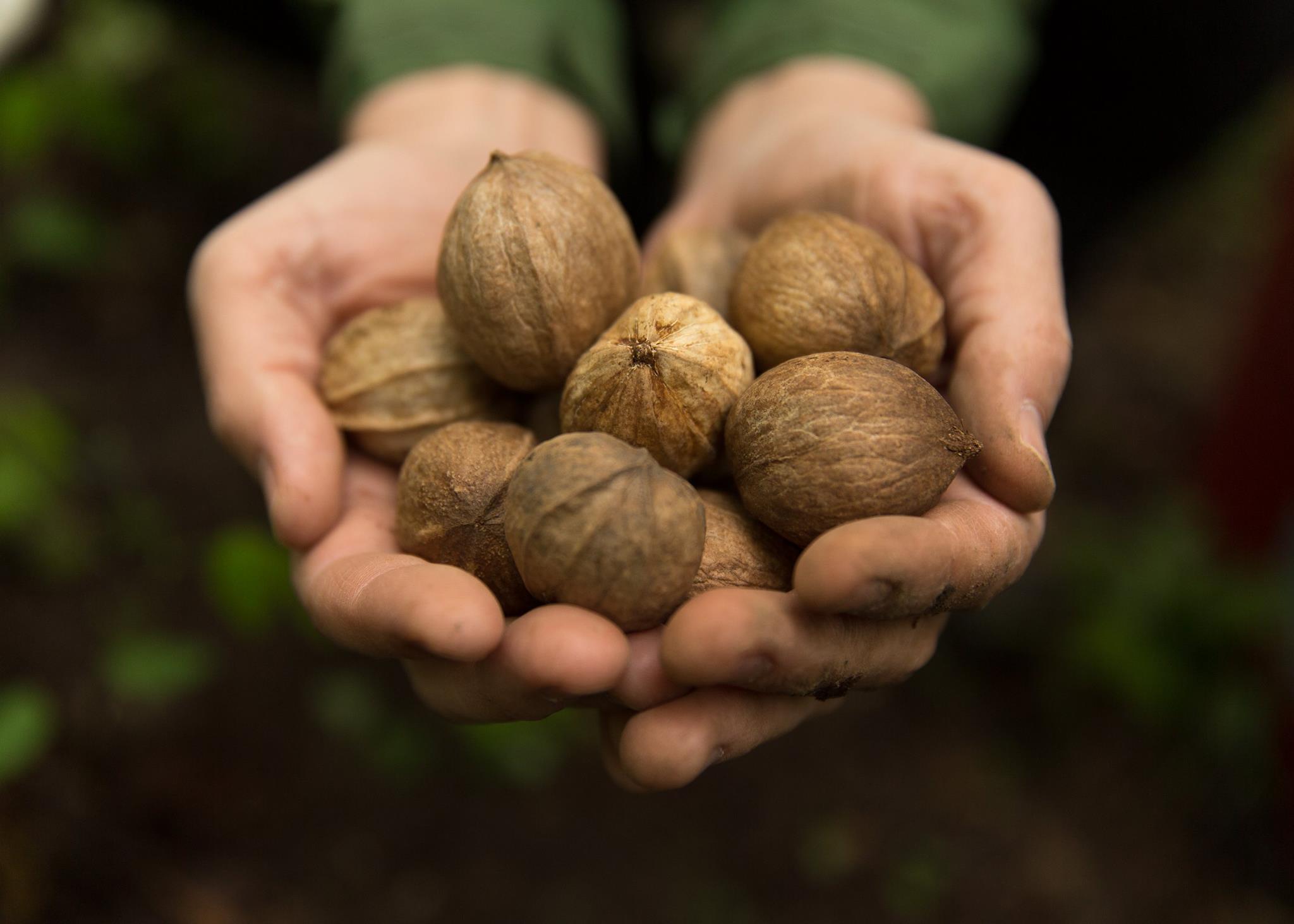
research. education. community.
We are the environmental field station
of WashU.

research. education. community.
We are the environmental field station
of WashU.

research. education. community.
We are the environmental field station
of WashU.
Discover Tyson Research Center
We provide opportunities for environmental research and education for students and faculty from WashU and beyond. Our infrastructure and programs facilitate multi-scale research and teaching opportunities and collaboration across disciplines, institutions, and levels of academic training.

Explore our recent news and achievements
Apr 30, 2025
Tyson undergraduate researcher Sam Ko has been studying ticks for the last year of her college career. Her legacy will be confirming the arrival of a tiny invasive species raising big concerns.
Mar 18, 2025
Solny Adalsteinsson, Tyson senior staff scientist, was interviewed on St. Louis on the Air about the first finding of the longhorned tick in St. Louis County.
Mar 14, 2025
St. Louis Wildlife Project collaborators Solny Adalsteinsson, Beth Biro, and Whitney Anthonysamy contributed local data to a global study of mammalian temporal activity. Findings published in Science Advances indicate that the timing of daily activities is highly changeable under human environmental impacts.
Feb 27, 2025
WashU researchers recently identified the first longhorned tick found in suburban St. Louis County. In concert with Tick Watch STL, the researchers will conduct additional tick investigations in the region.
Feb 26, 2025
Jonathan Myers, Professor of Biology and Tyson’s ForestGeo PI, collaborated with 36 investigators across 21 ForestGeo plots to assess aggregation patterns in forests across latitudes.
Jan 23, 2025
Starting this past fall semester, Tyson has launched a paid internship program through the Tyson Conservation Corps (TCC). The TCC Internship program seeks to keep WashU undergraduates connected to Tyson’s research, education, and community during the academic year.
Jan 9, 2025
A new study led by WashU graduate student Anna Wassel and her research team at Tyson Research Center uncovers how pawpaw trees upend the typical dynamics of plant competition in forest understories, fostering a habitat that is more random and unpredictable.
Nov 15, 2024
When the Meramec River flooded, students in the "Geospatial Field Methods" course in Arts & Sciences had an opportunity to study a significant regional event in real time.
Aug 27, 2024
KMOV reporter Nathan Vickers talks to Heather Navarro, director of the Midwest Climate Collaborative, and Kim Medley, director of Tyson Research Center, about the impacts of urban heat islands.
Aug 13, 2024
Launched in 2009, the Tyson Environmental Research Apprenticeship (TERA) program has provided about 200 mentored field research opportunities to high school students from across the St. Louis region. TERA aims to treat high schoolers like undergraduate students, giving them more responsibility than they’ve likely had before and holding them to high expectations.
Jul 24, 2024
Kathleen Berger, HEC executive producer for science and technology, covered our favorite wildlife monitoring project in Caught on camera! The St. Louis Wildlife Project captures animal diversity and interactions.
May 3, 2024
Tyson community members Sophia Hatzikos (master’s degree in visual art from the Sam Fox School of Design & Visual Arts) and Carol (Yunfeng) Ge (bachelor’s degree in biology from Arts & Sciences) are celebrated as graduates of the WashU Class of 2024.
Apr 23, 2024
Tyson researchers report on how gentrification impacts urban wildlife populations in a new publication in the Proceedings of the National Academy of Sciences. This work also shows how gentrification further limits marginalized communities’ opportunity to connect with nature.
Apr 11, 2024
Learn about the Center for the Humanities’ Redefining Doctoral Education in the Humanities initiative to support innovative, interdisciplinary graduate work and to encourage the next generation of humanities scholars and practitioners.
Mar 19, 2024
Learn about Erin O’Connell and Doug Ladd’s lofty new endeavor: to document and preserve a physical representative of every plant species growing across Tyson Research Center’s 2,000 acres.

"Tyson Research Center provides a unique setting for ecologists to explore big questions with ambitious projects."
Jonathan Myers
Professor of Biology
Washington University in St. Louis
infrastructure
Our infrastructure supports a variety of research and education activities. Learn about the tools and facilities that we offer, from microcosms in the lab to large-scale field experiments.
Natural resources
Tyson has a variety of ecosystems, resulting from the geology, topography, hydrology and historical disturbances of the area. Discover the features, species, and processes that make Tyson unique.
sustainable operations
We have implemented a number of sustainability initiatives, ranging from new environmentally friendly buildings to retrofitting older systems to run efficiently. Learn about the steps we've taken.
Our 2022-23 Annual Report
From ecology to the humanities and beyond, Tyson researchers and students had a diverse and productive year.

